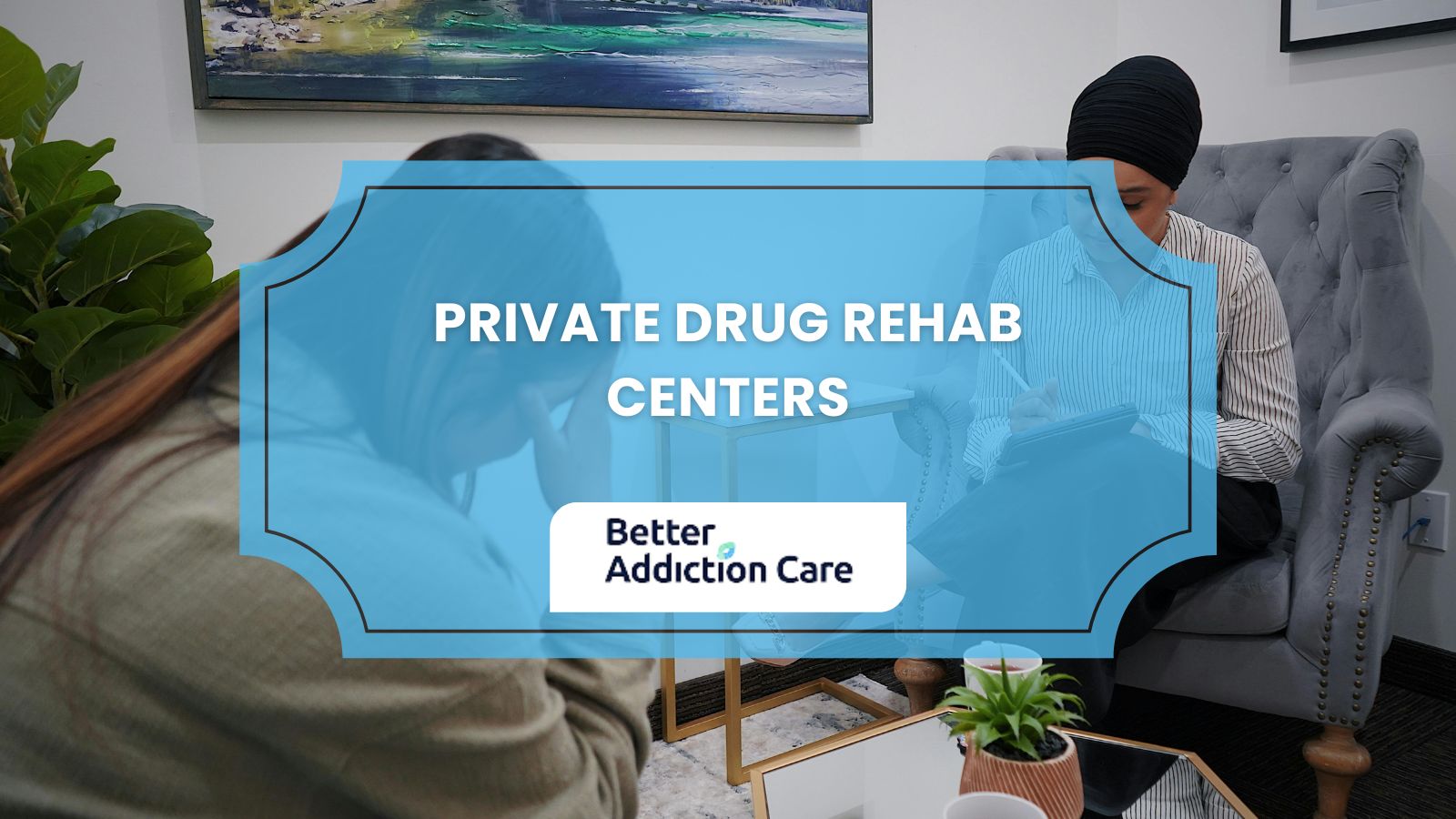239 Best Alcohol and Drug Rehabs in Kentucky 2025
Searching for drug rehab centers in Kentucky? Our directory lists 239+ drug rehab centers, including inpatient and outpatient facilities, detox centers, and medication-assisted treatment (MAT) programs to support recovery.
Compare treatment options, locations, and services to find the right facility for your needs. Whether you’re looking for medical detox, behavioral therapy, or long-term recovery programs, explore verified providers in Kentucky.
Browse the listings below to find the best accredited addiction treatment centers near you and take the next step toward recovery.
239 Treatment Centers in Kentucky, US
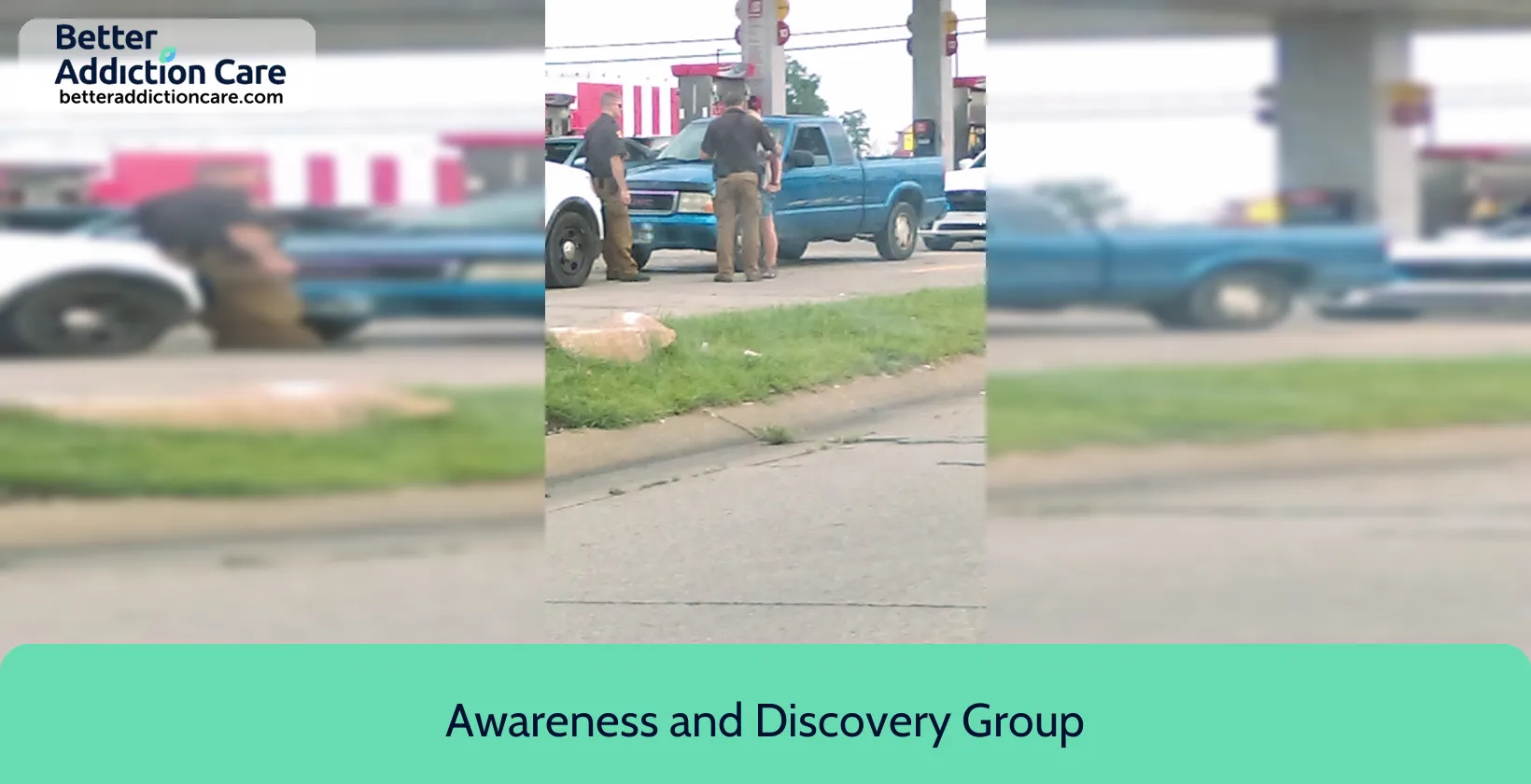
7.14
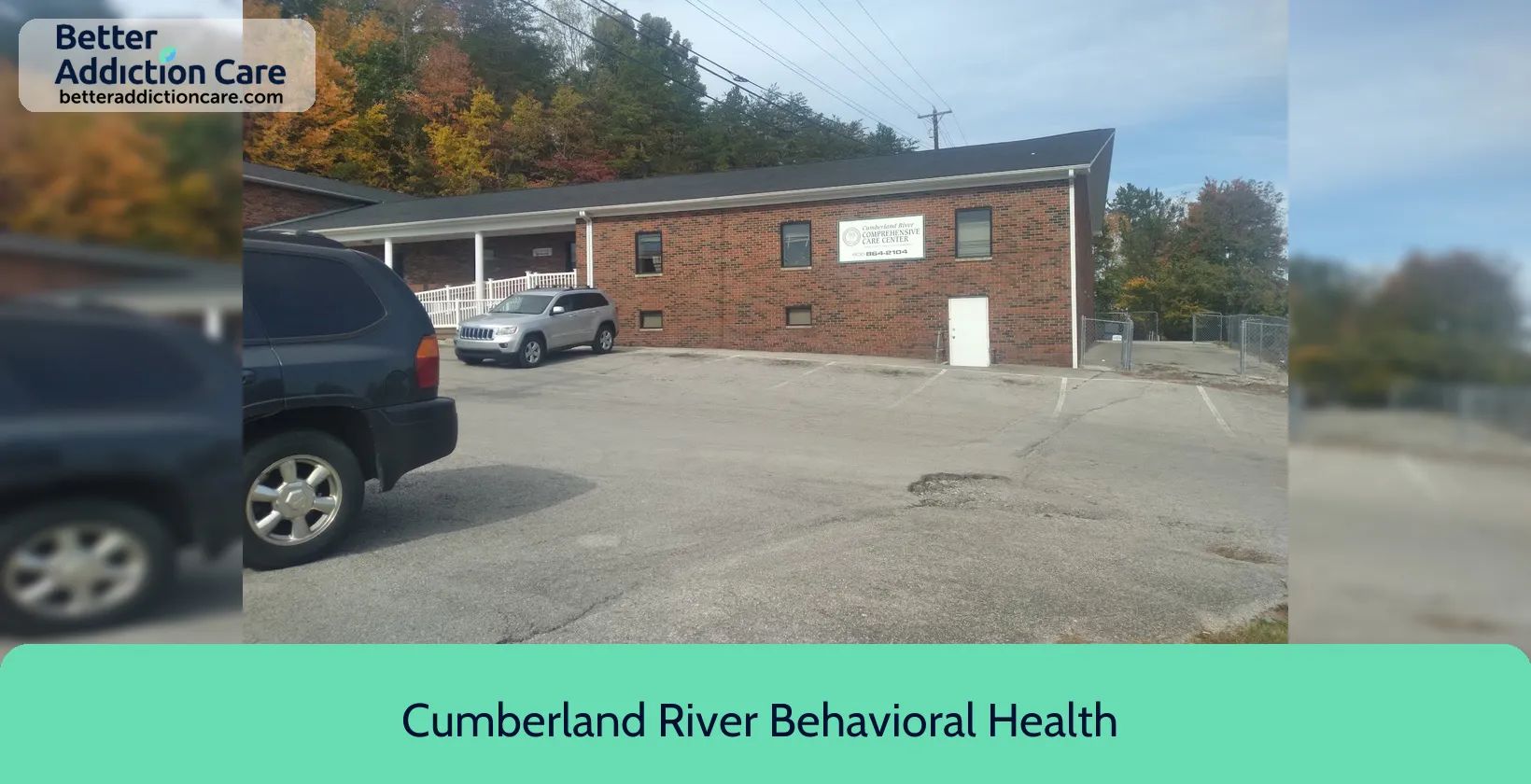
7.03
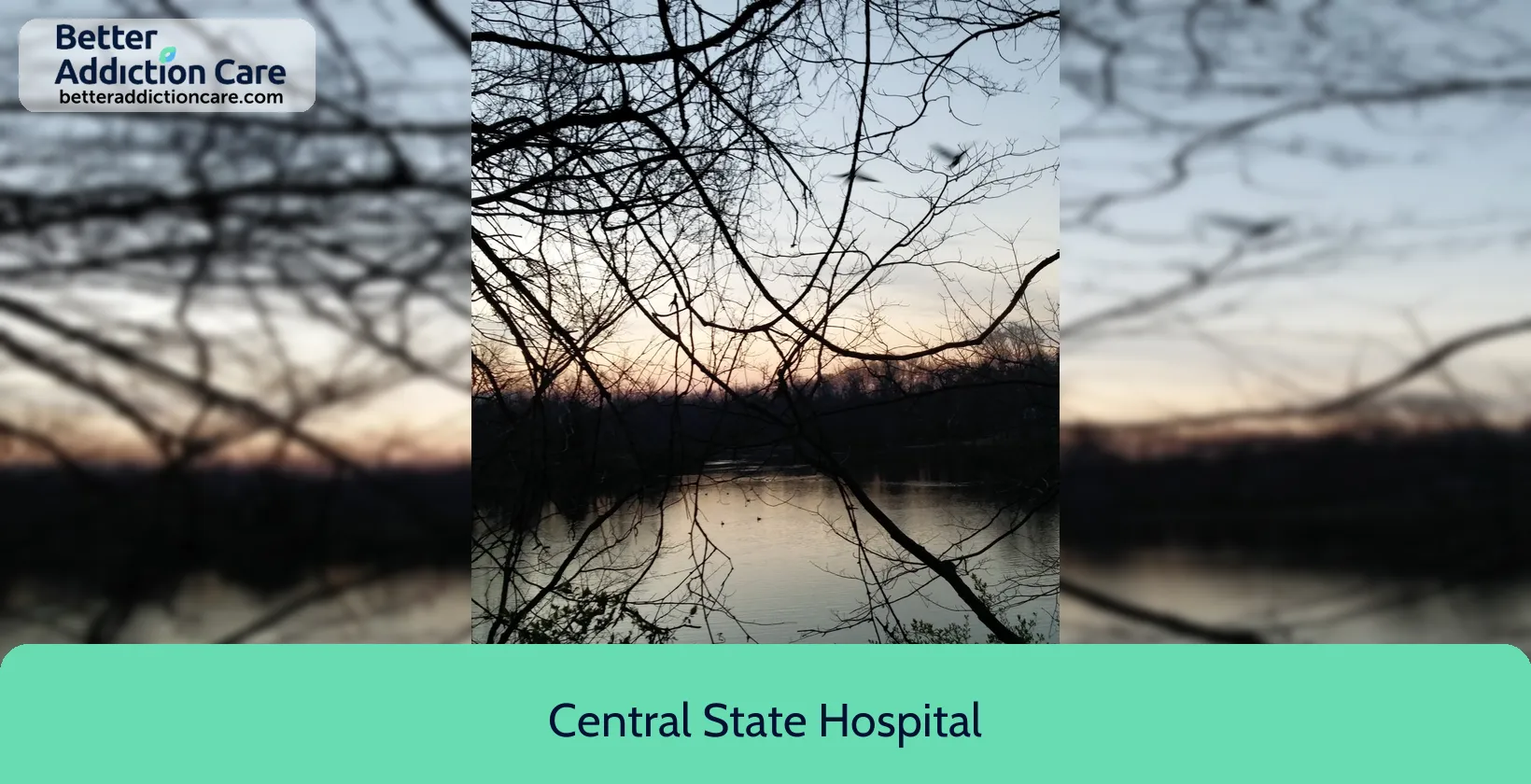
6.93
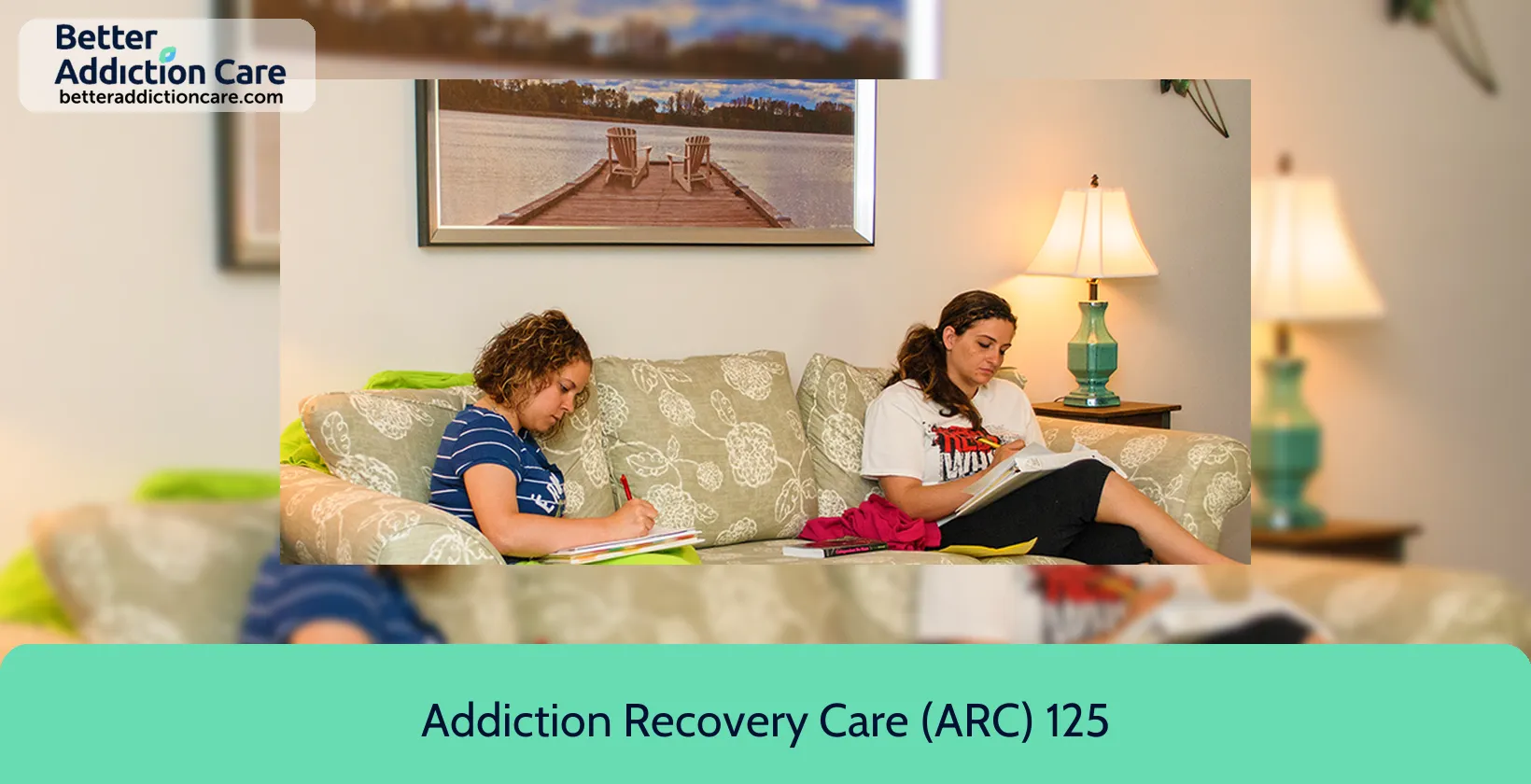
7.94
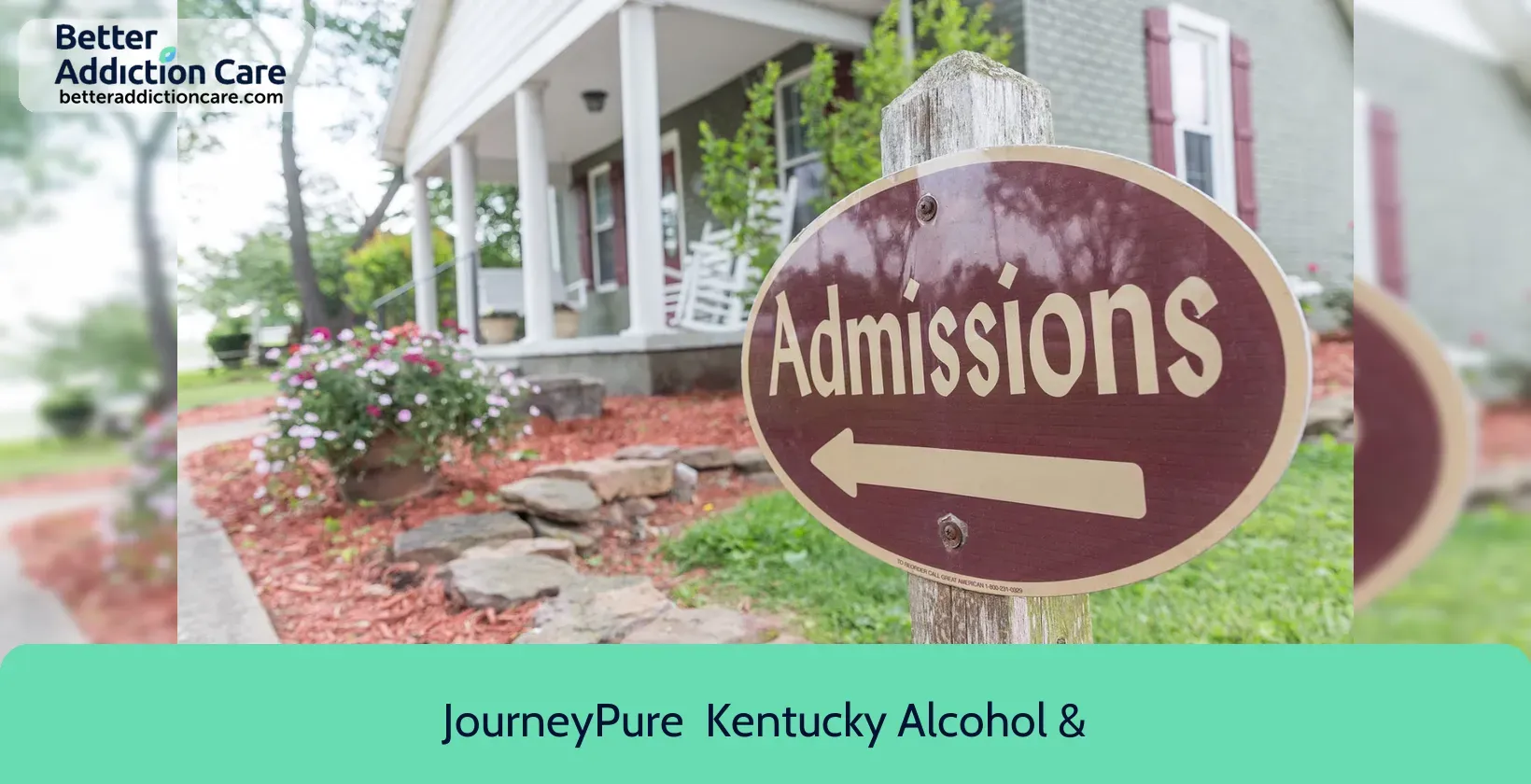
7.27
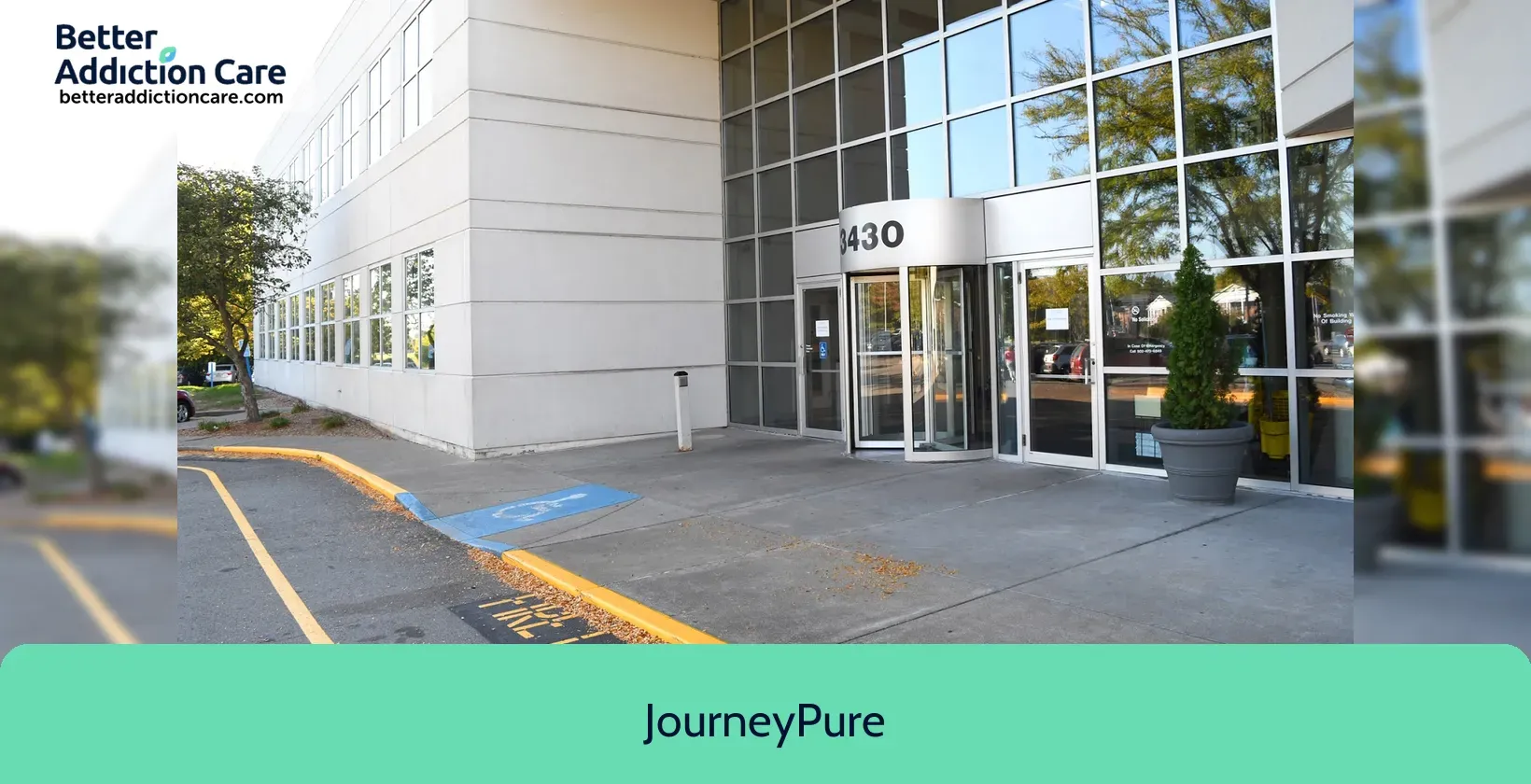
7.44

7.81
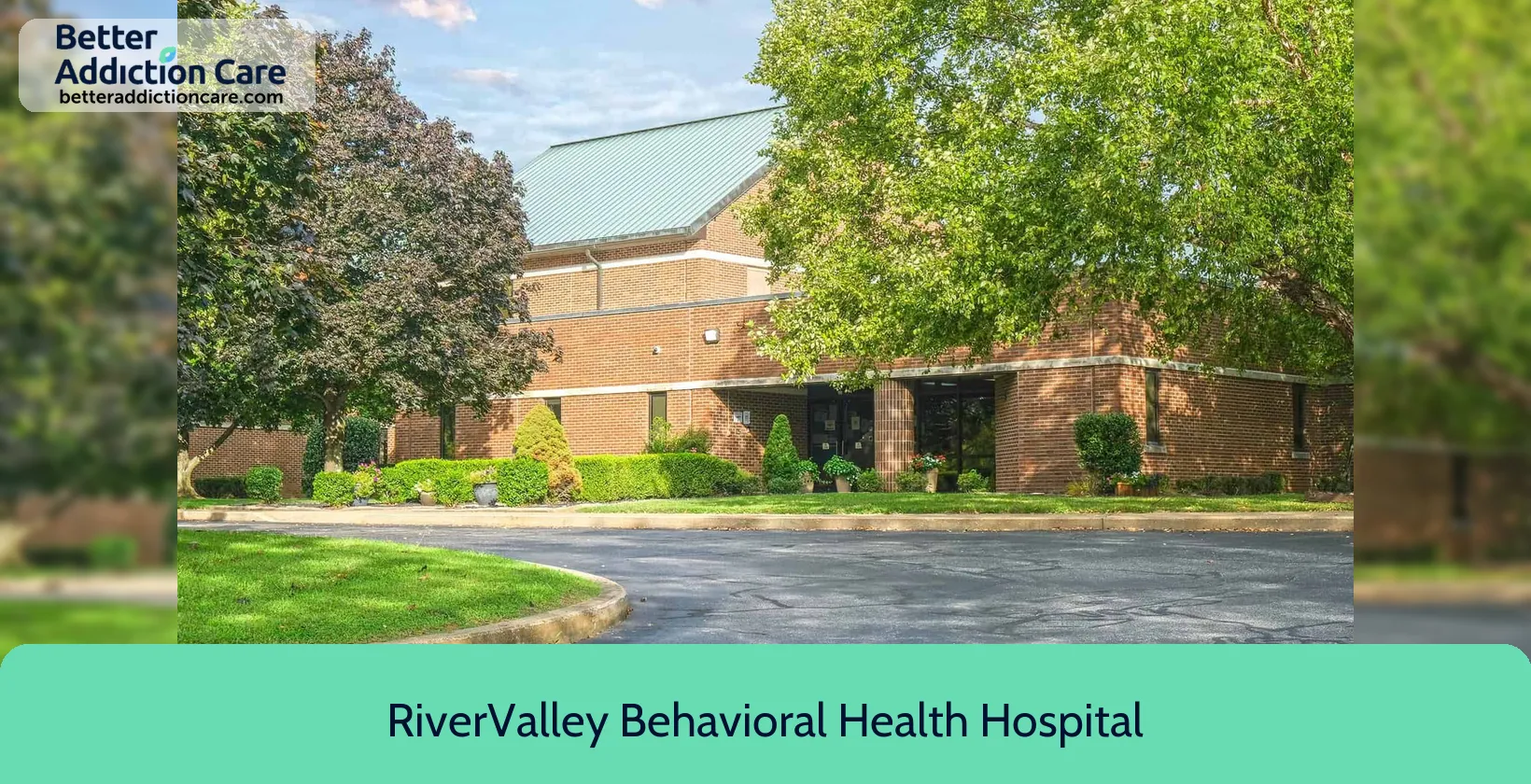
6.82
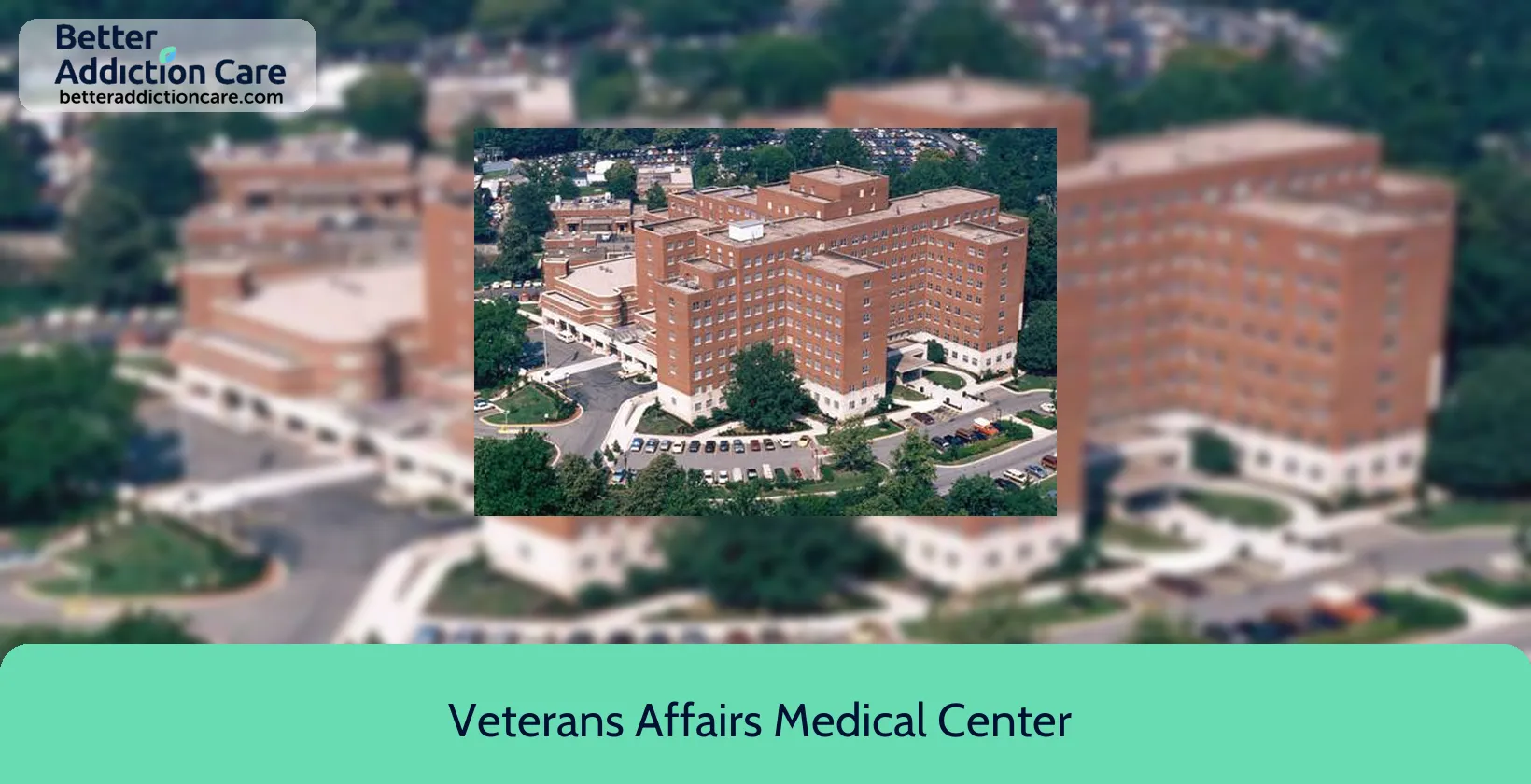
7.52
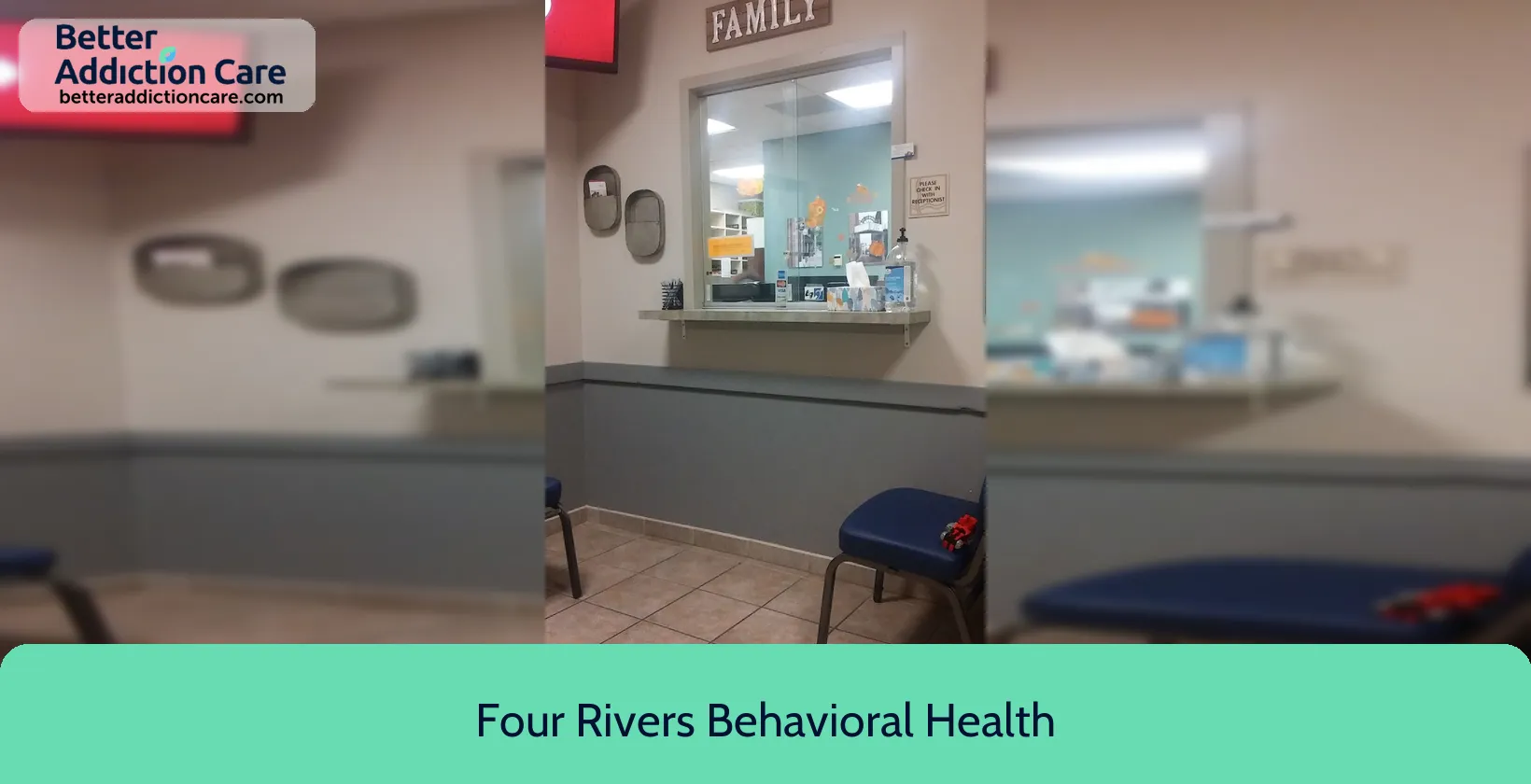
6.69
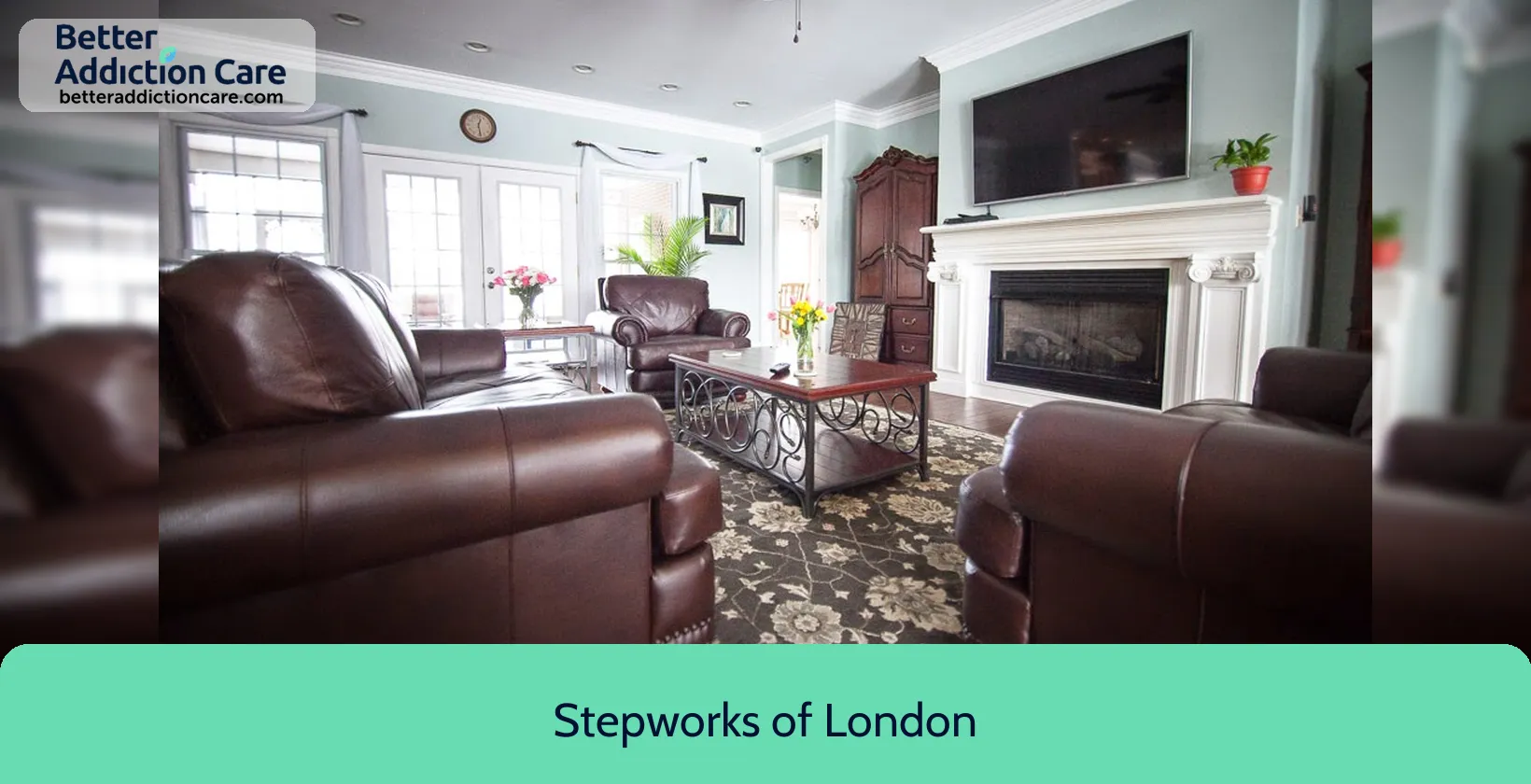
7.72
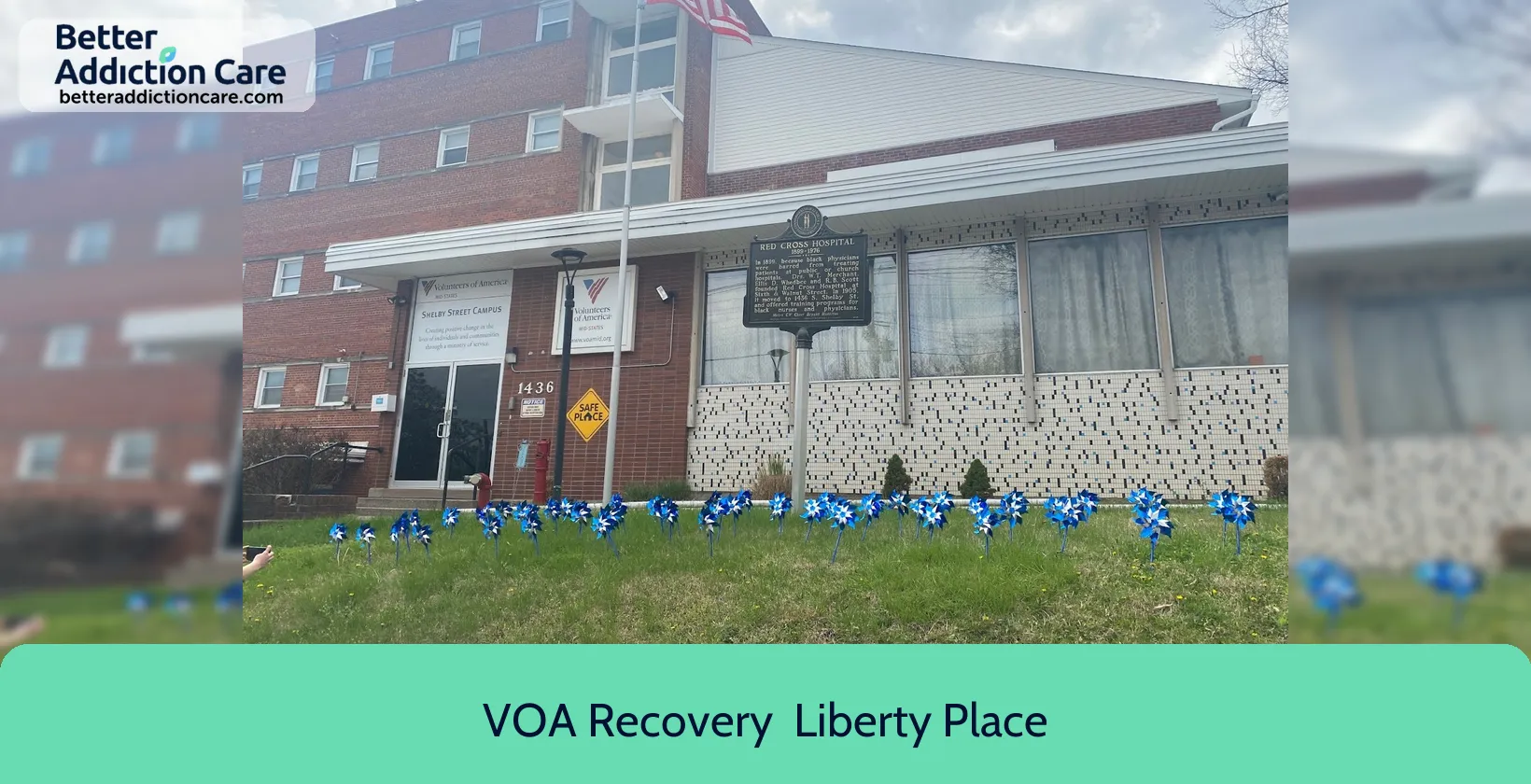
7.29
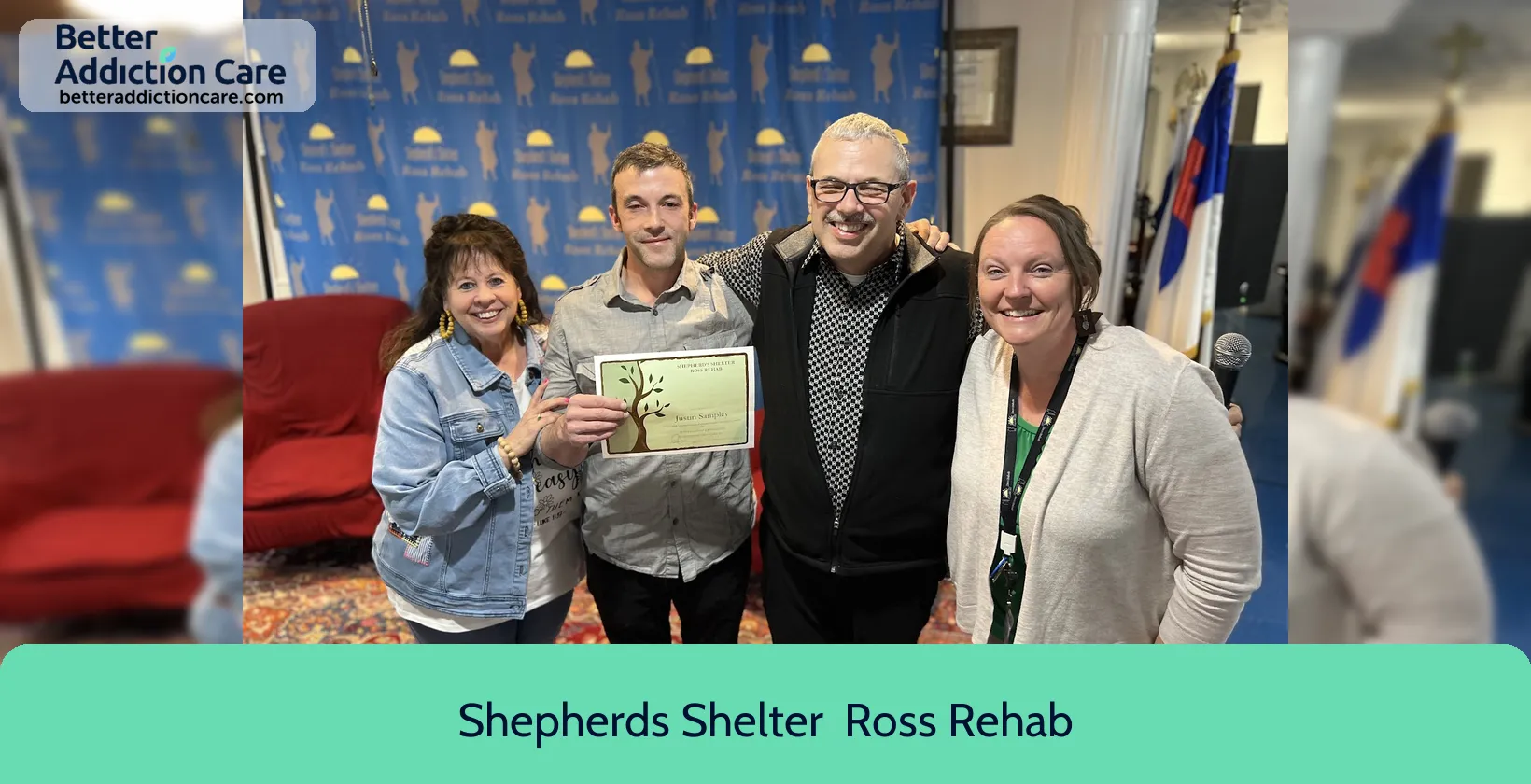
7.48
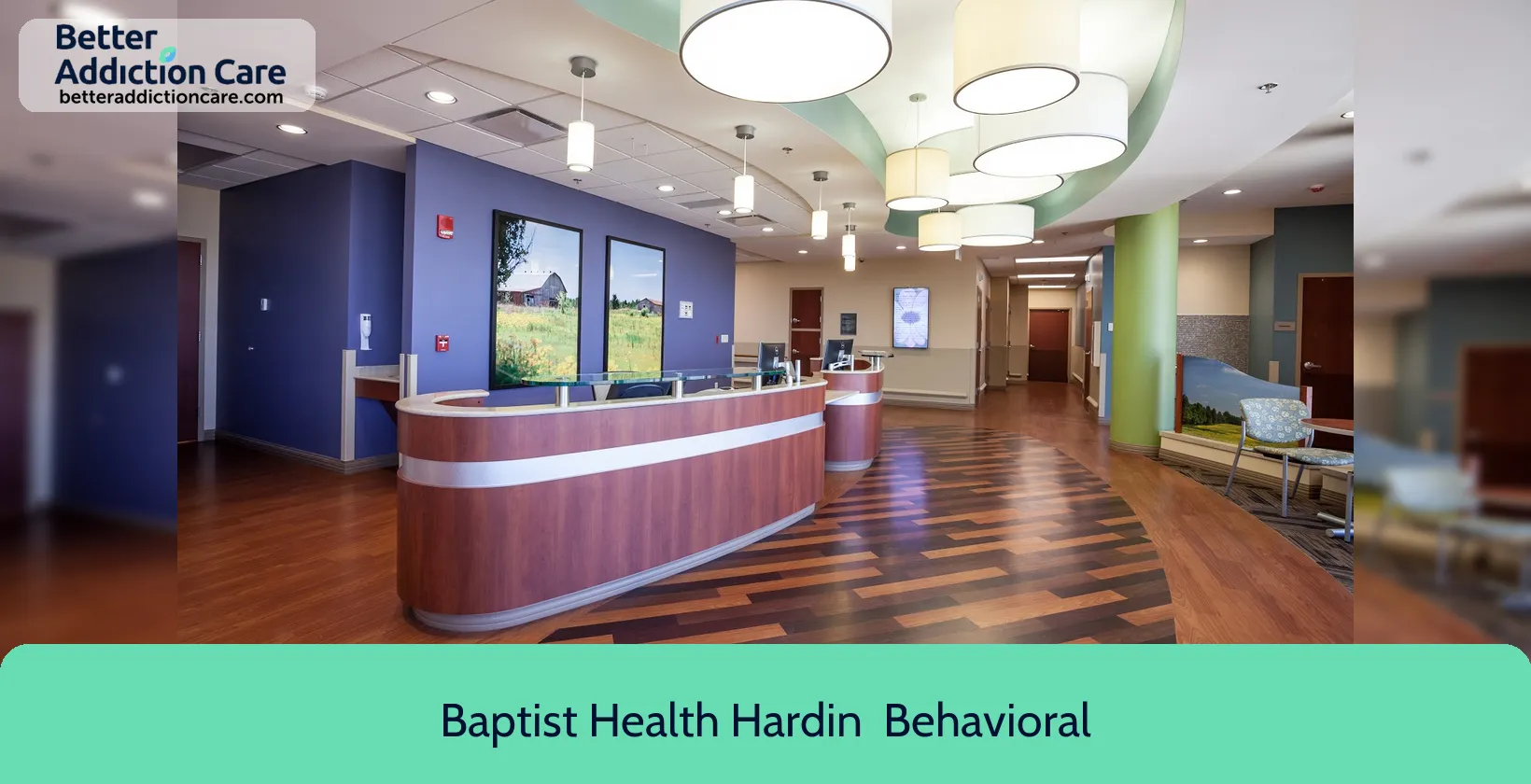
6.62
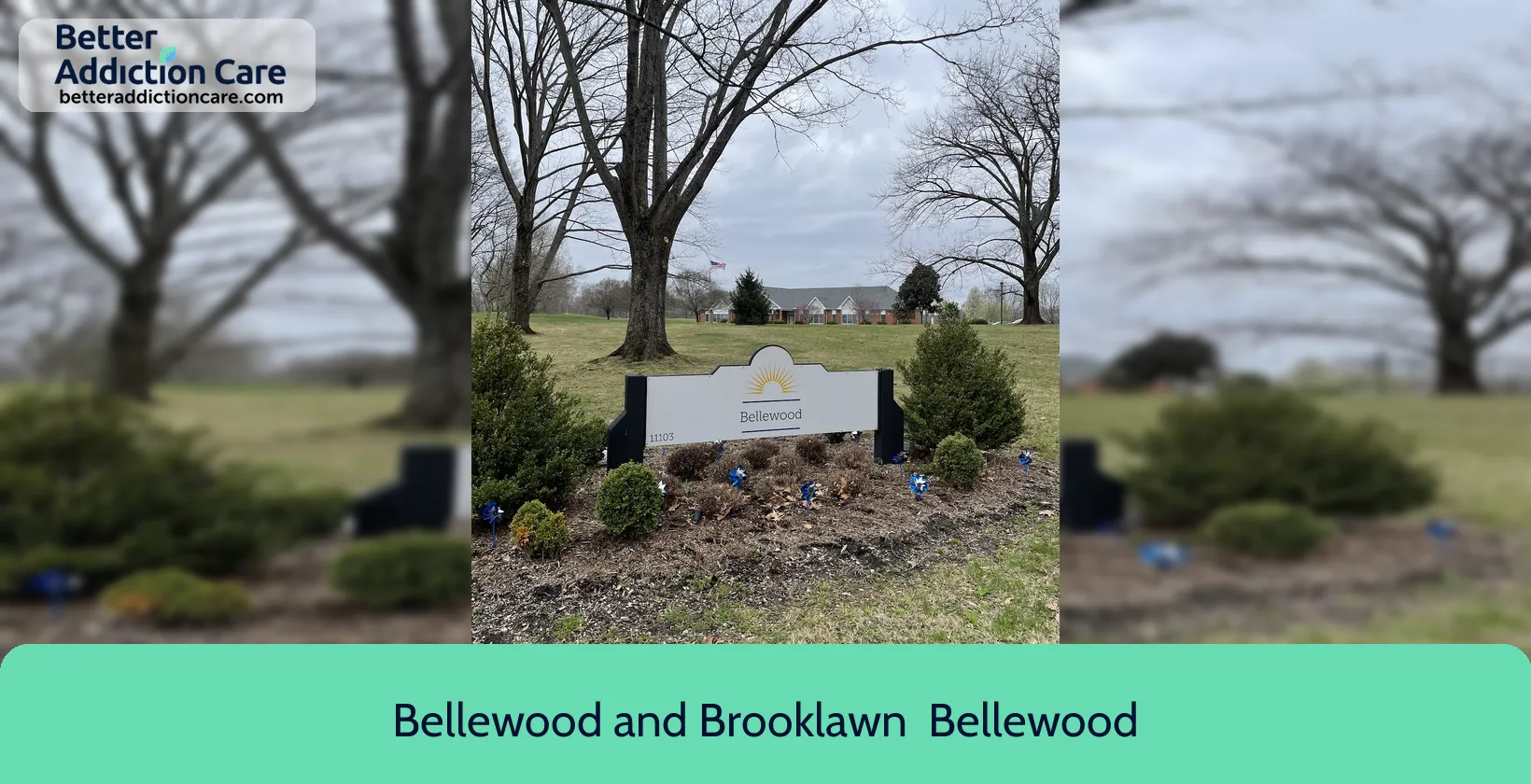
6.74
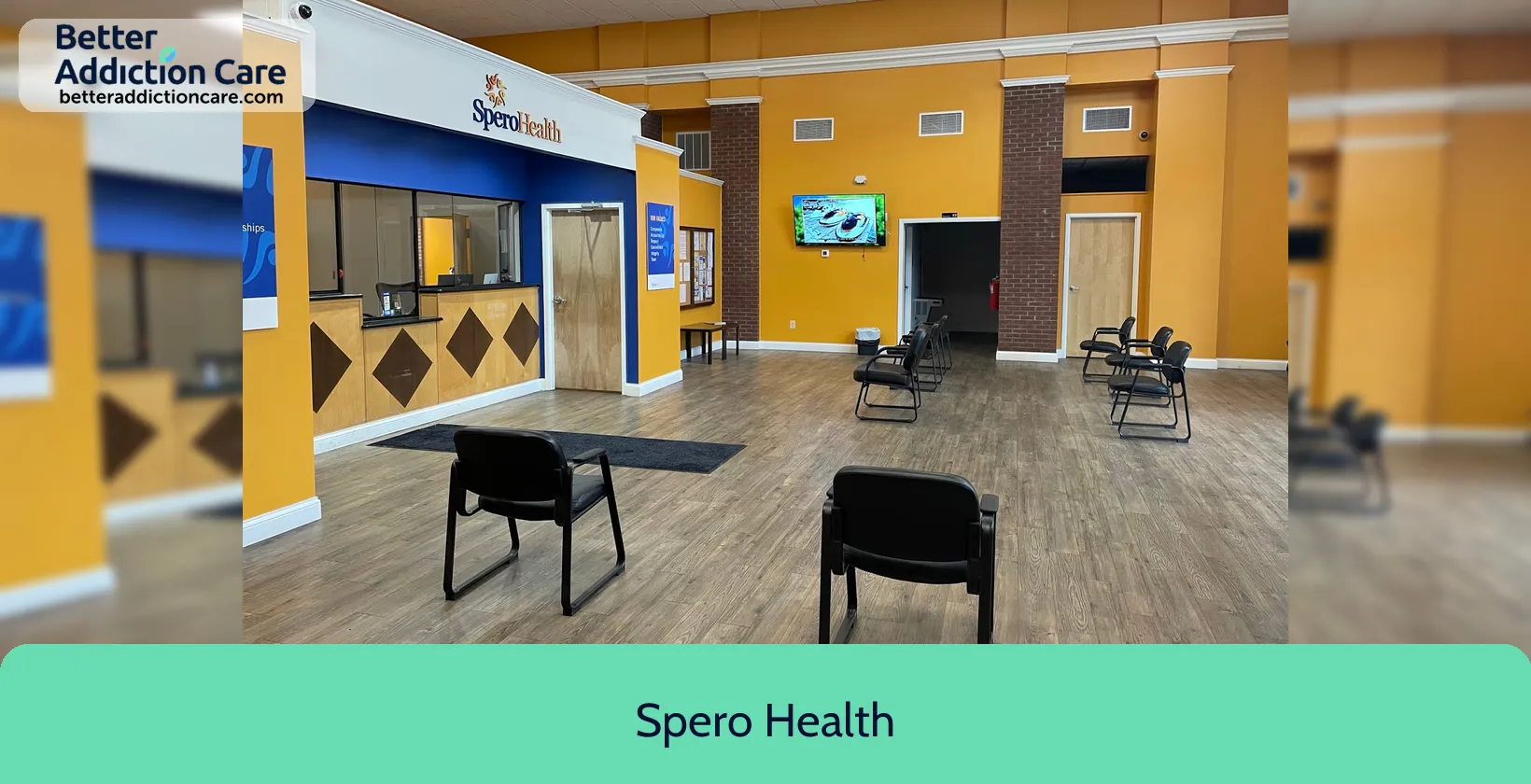
7.37

6.83
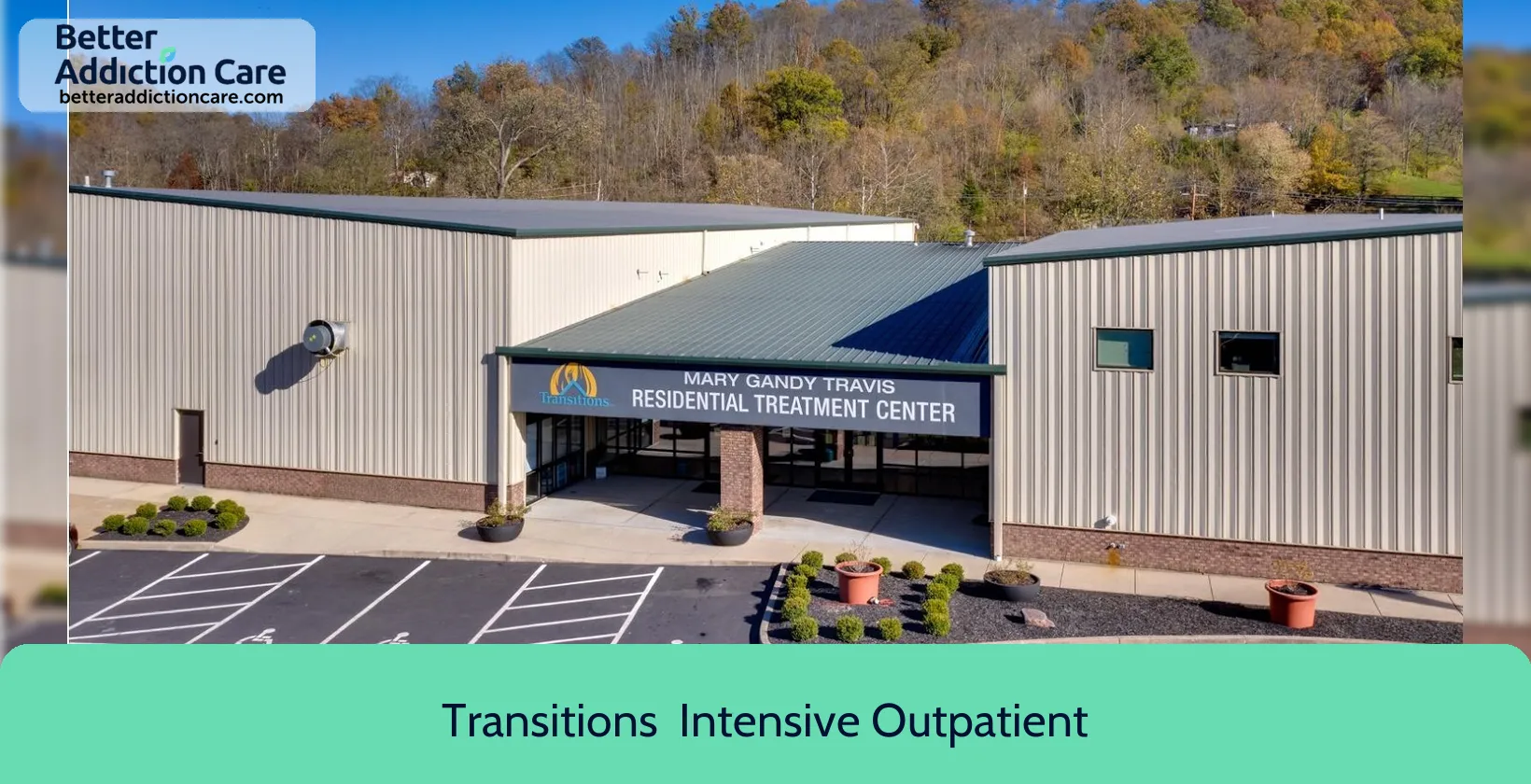
6.80
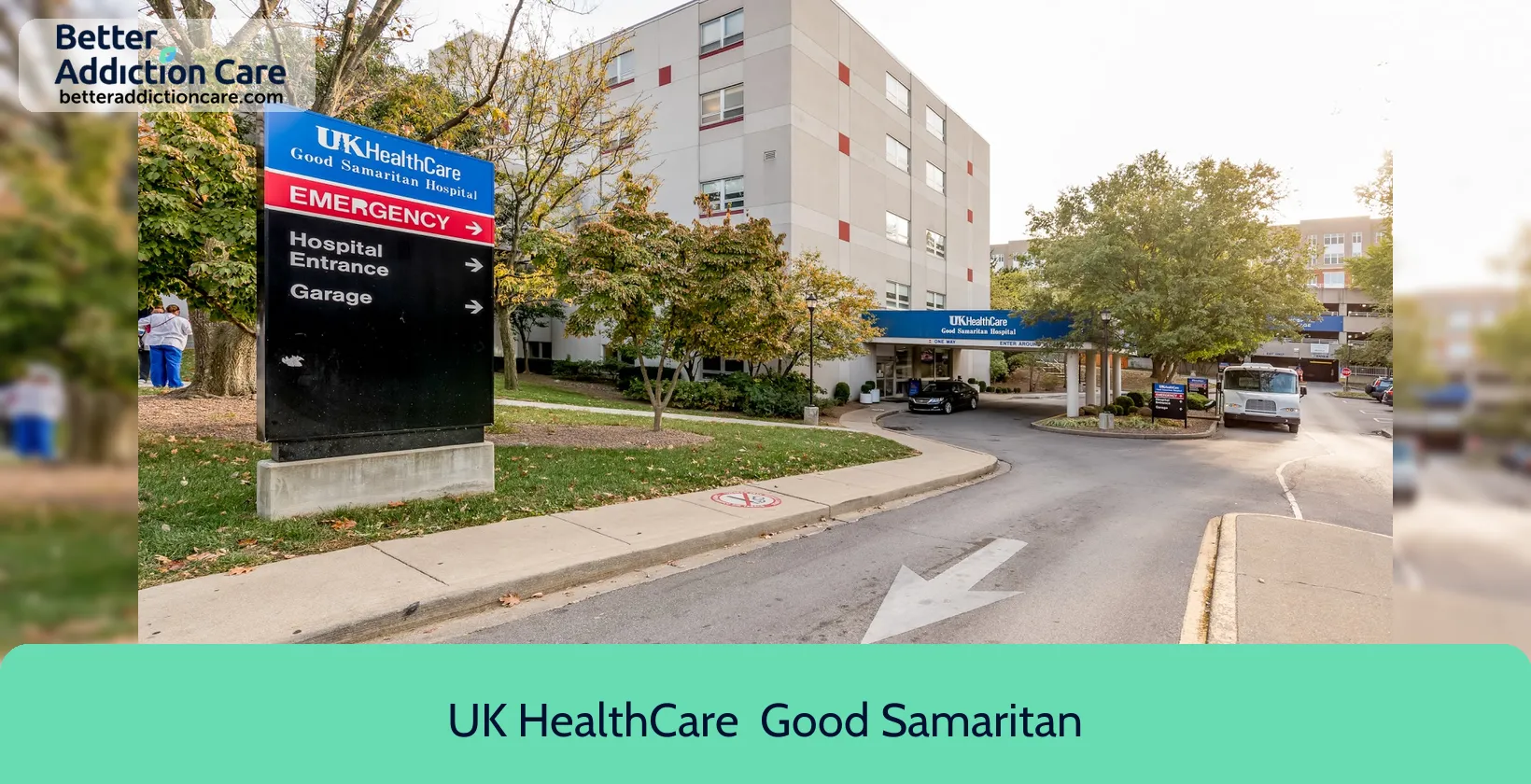
6.62
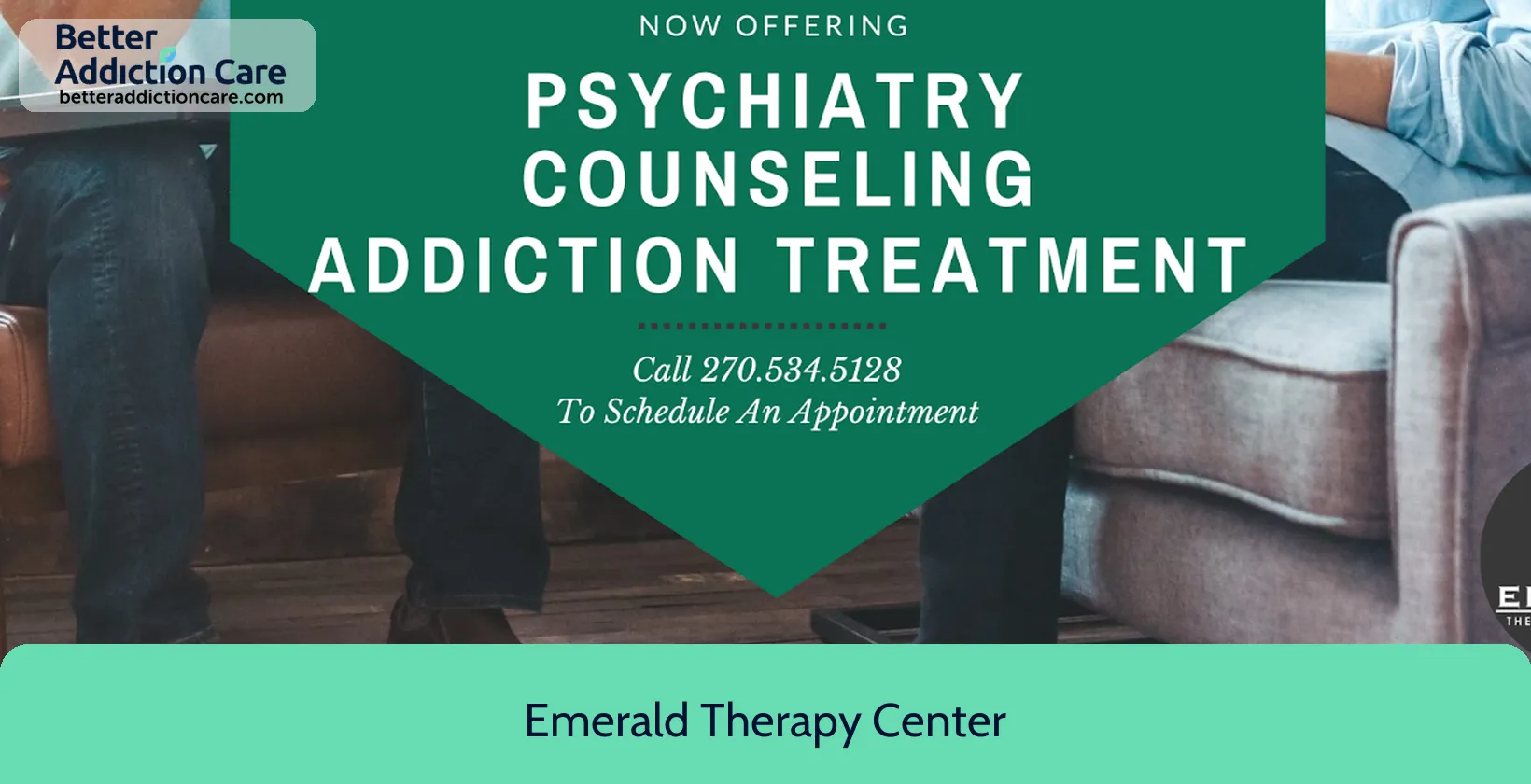
7.40
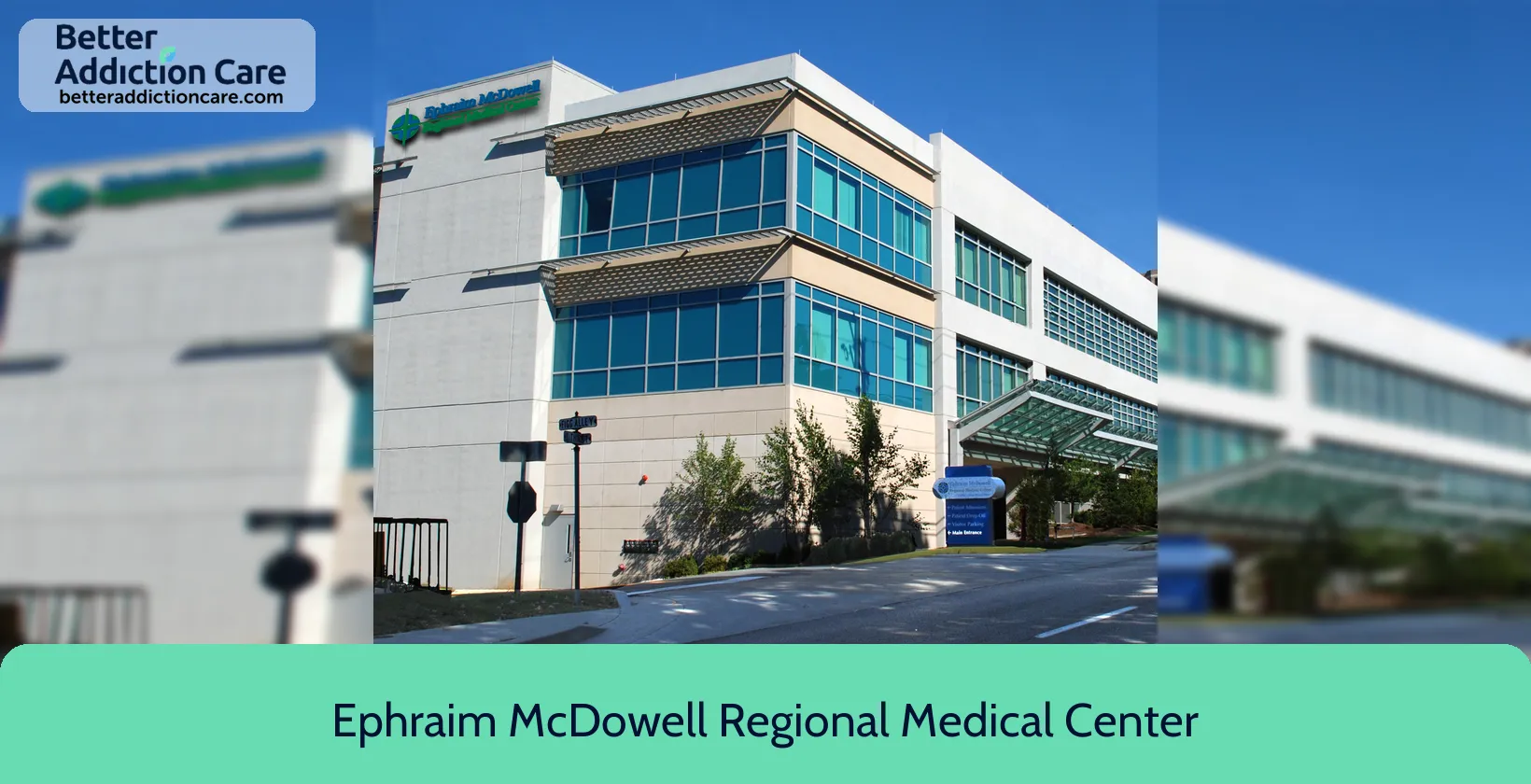
6.62
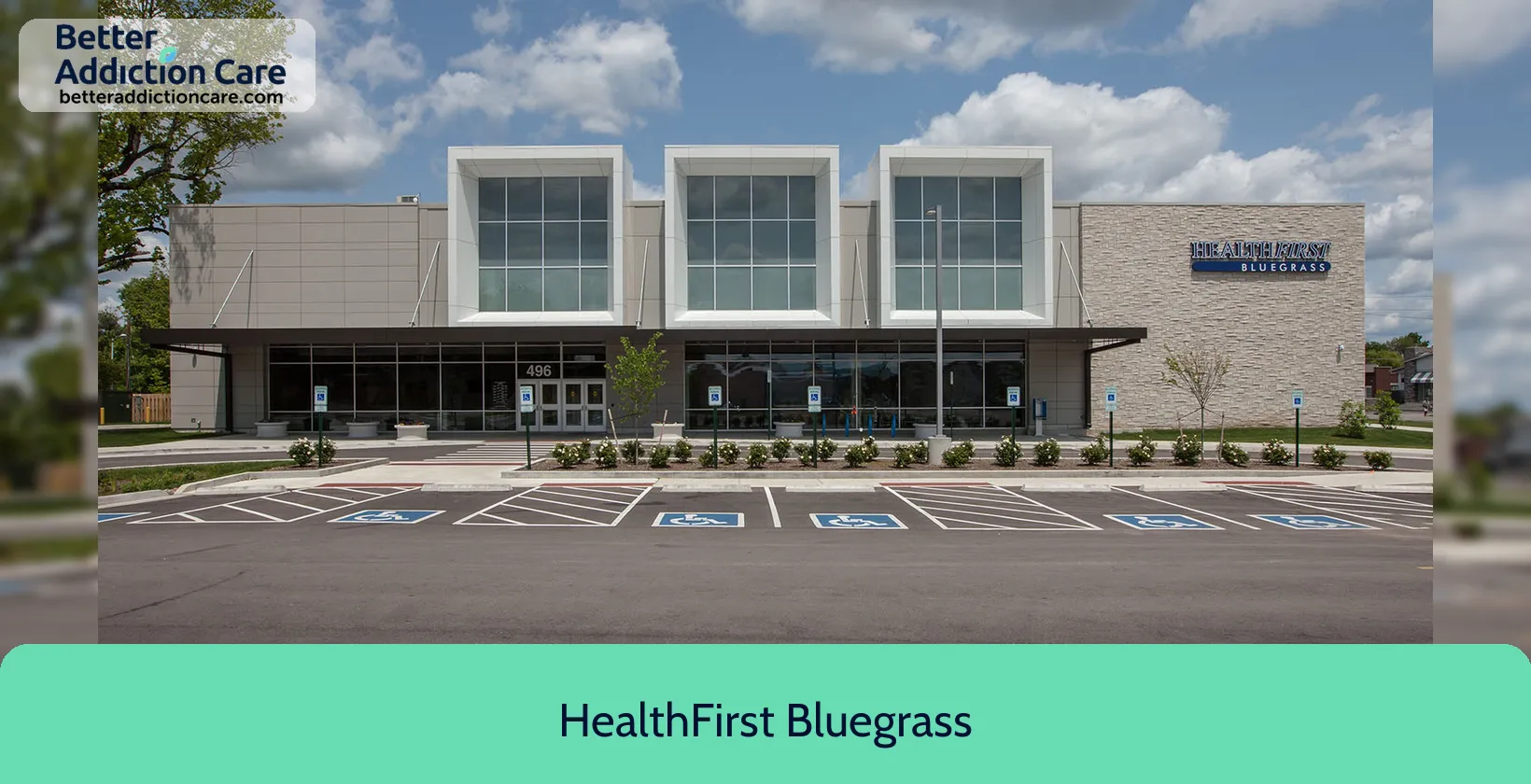
6.65
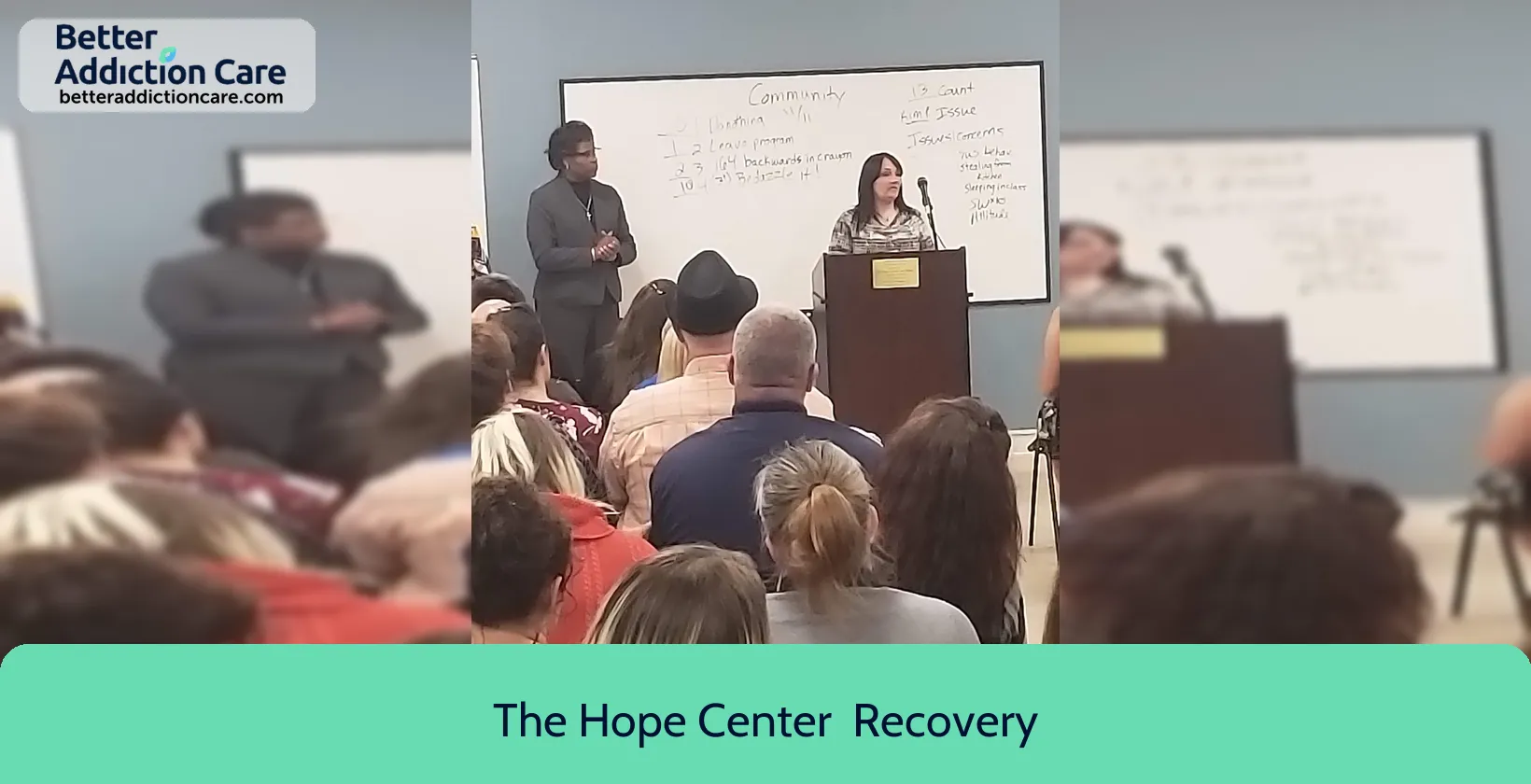
6.89
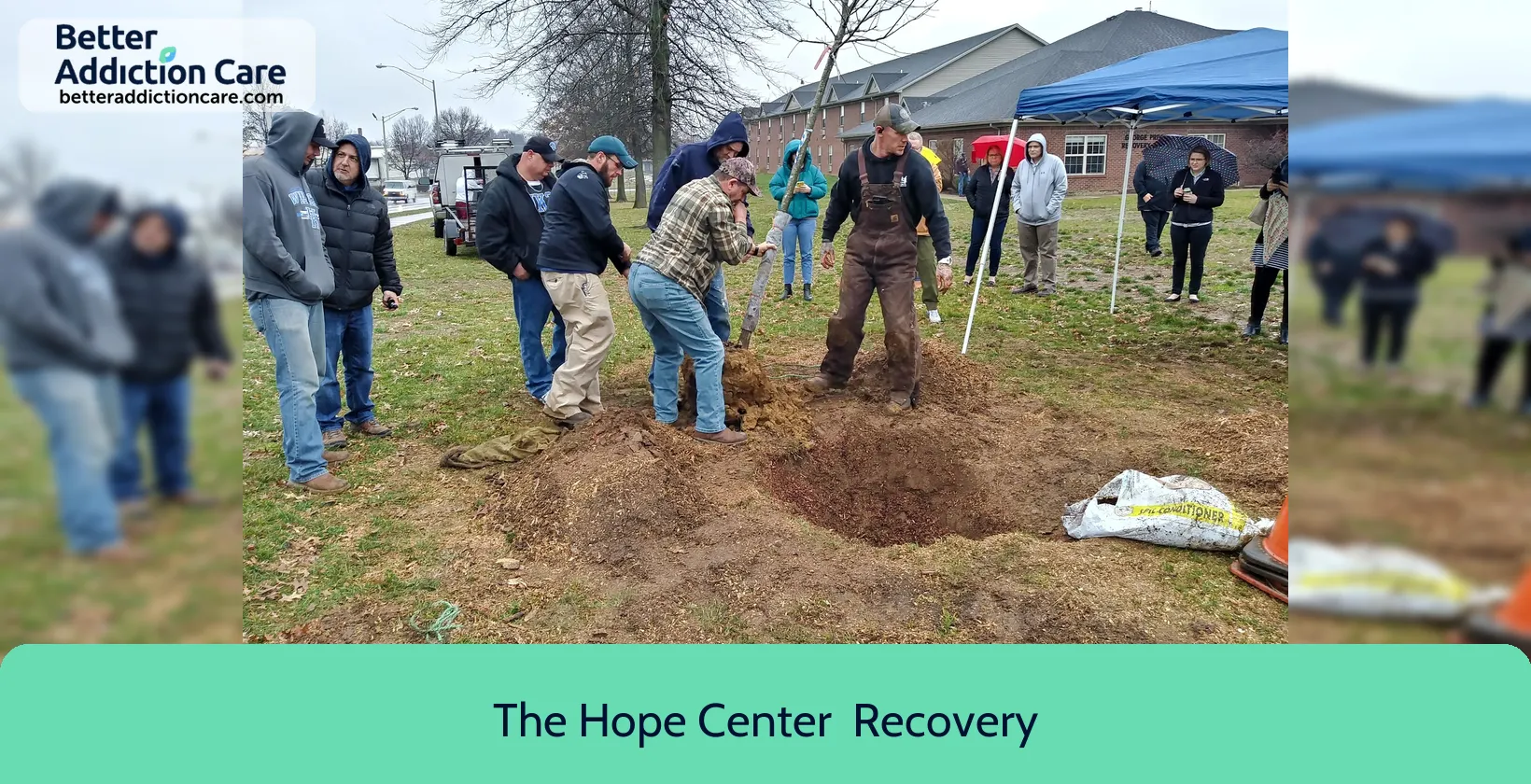
7.02
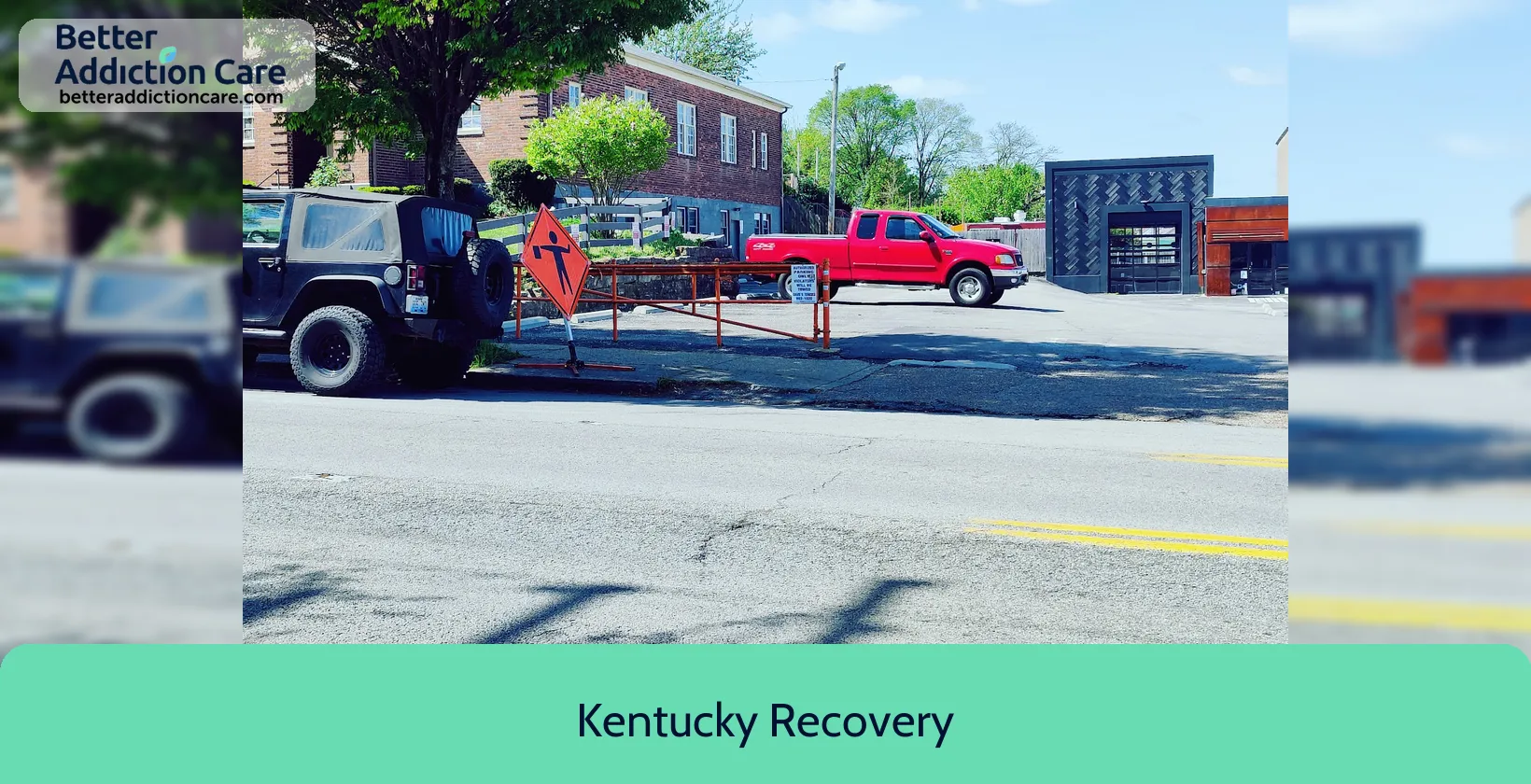
7.02
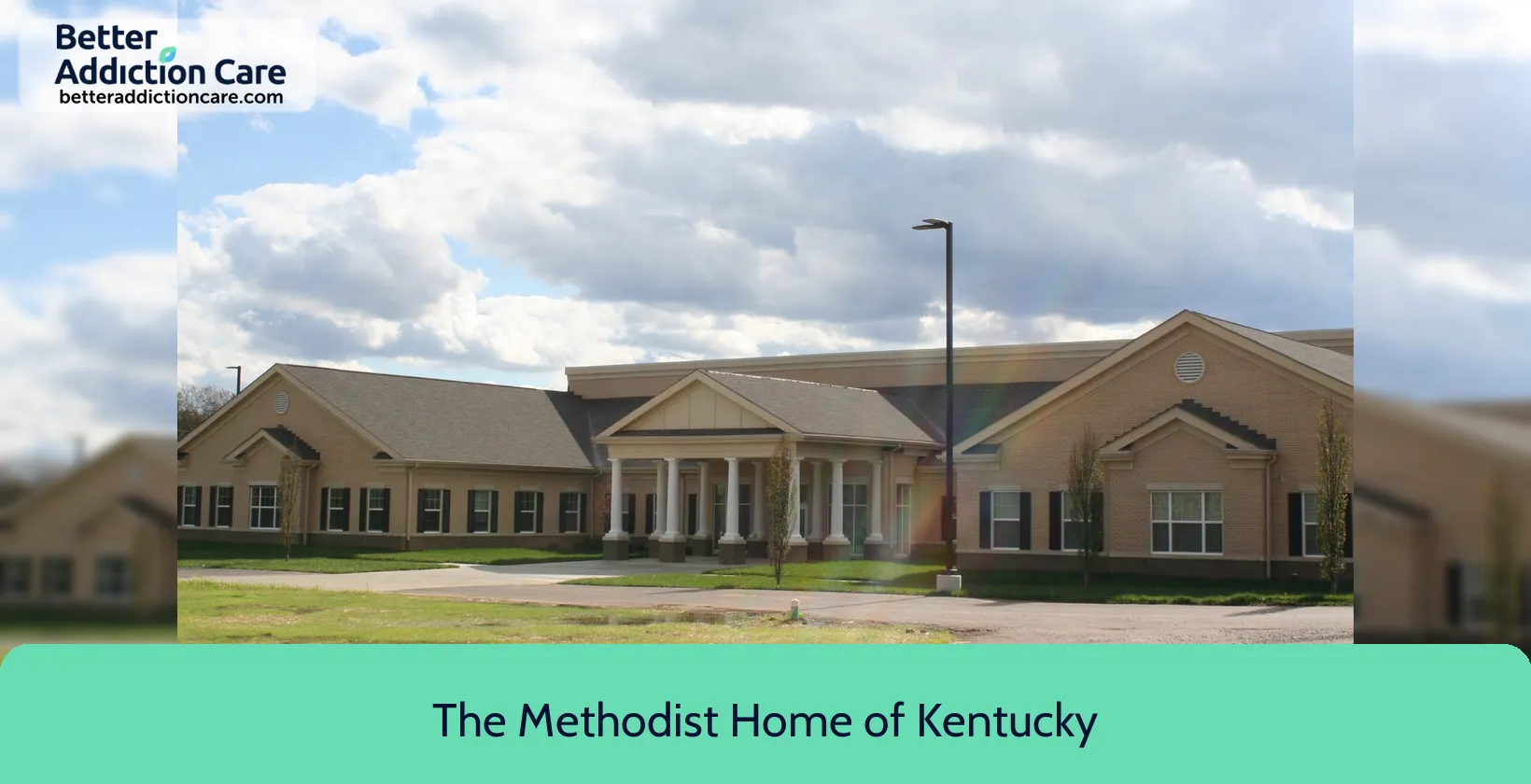
7.05
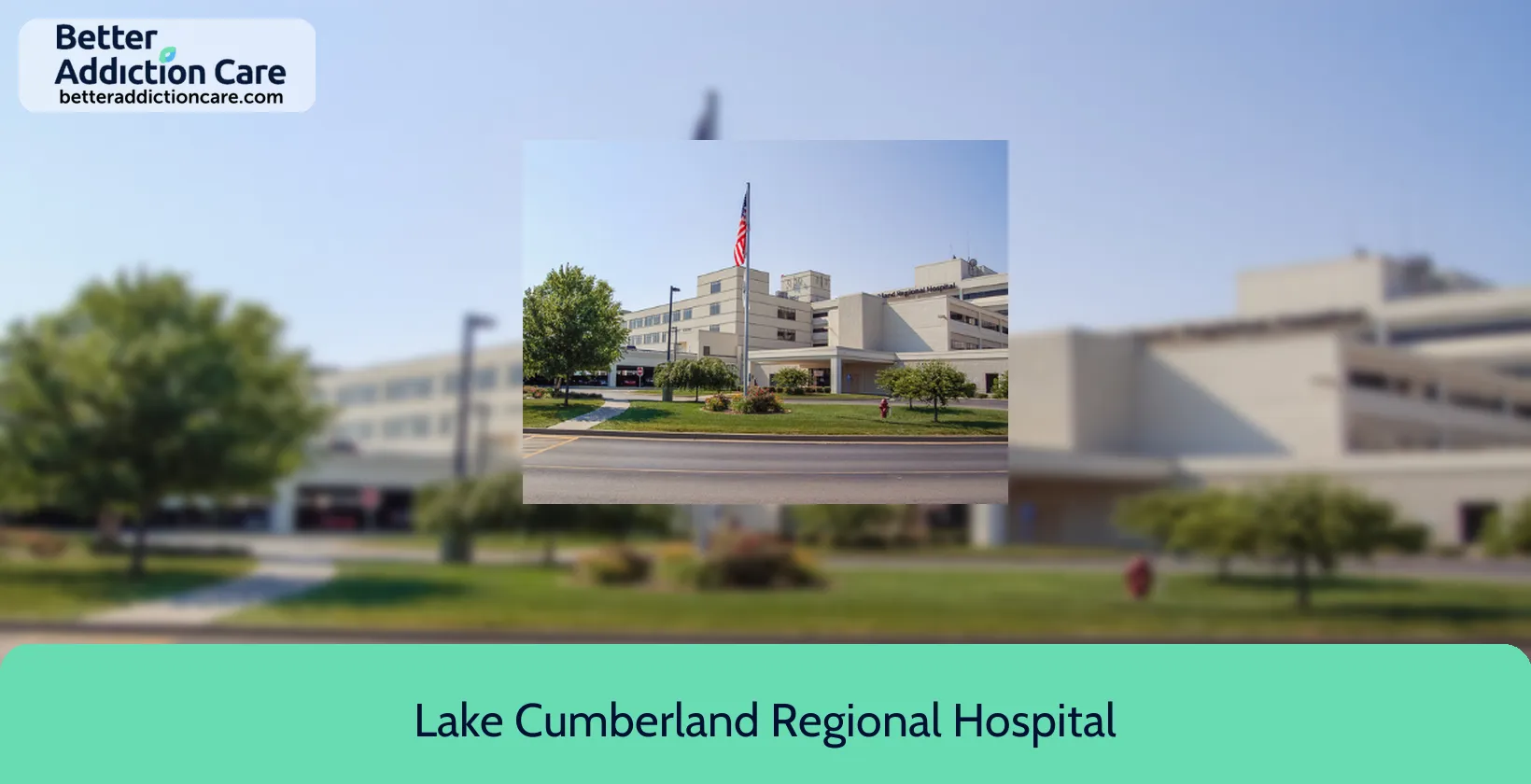
6.59
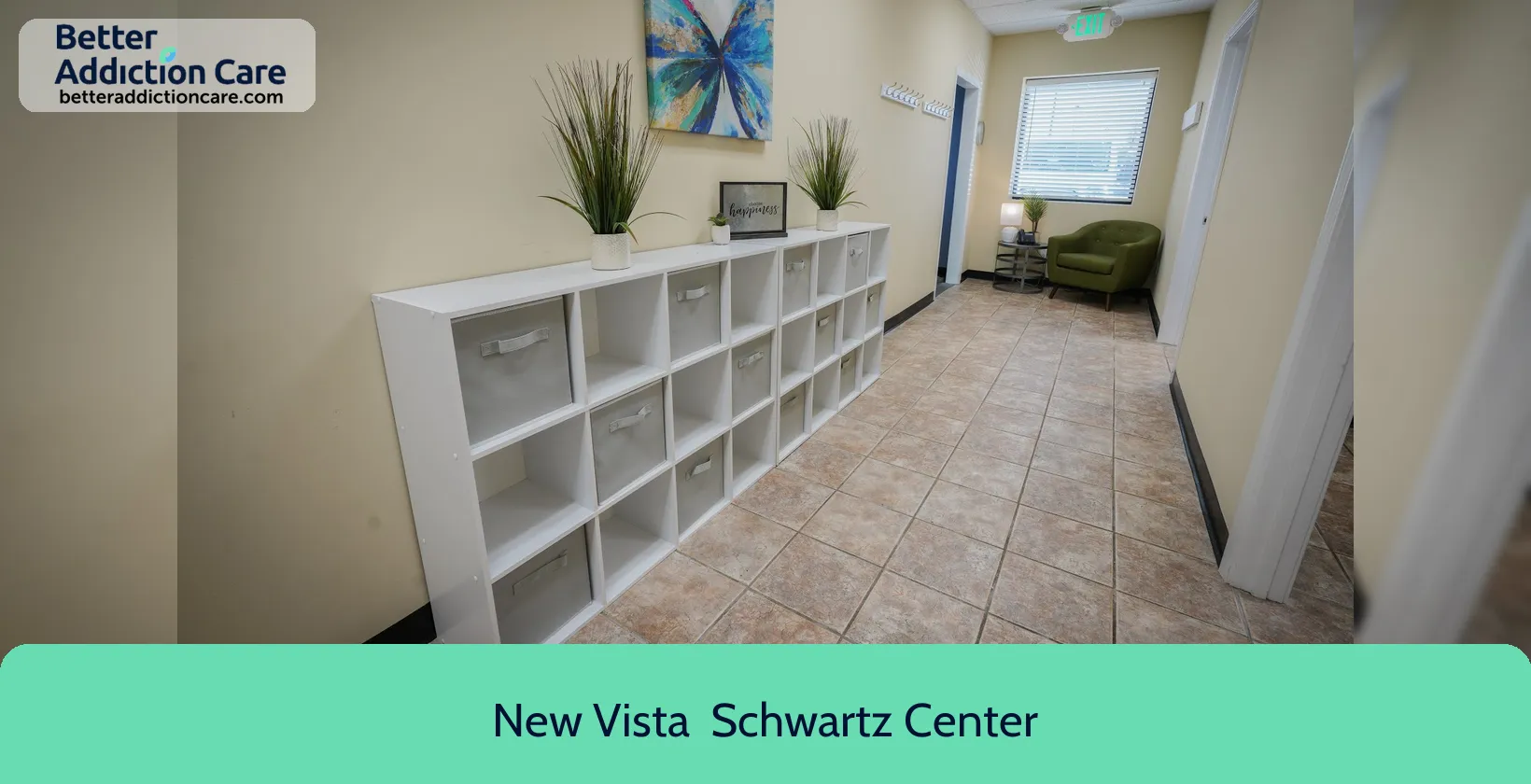
7.19
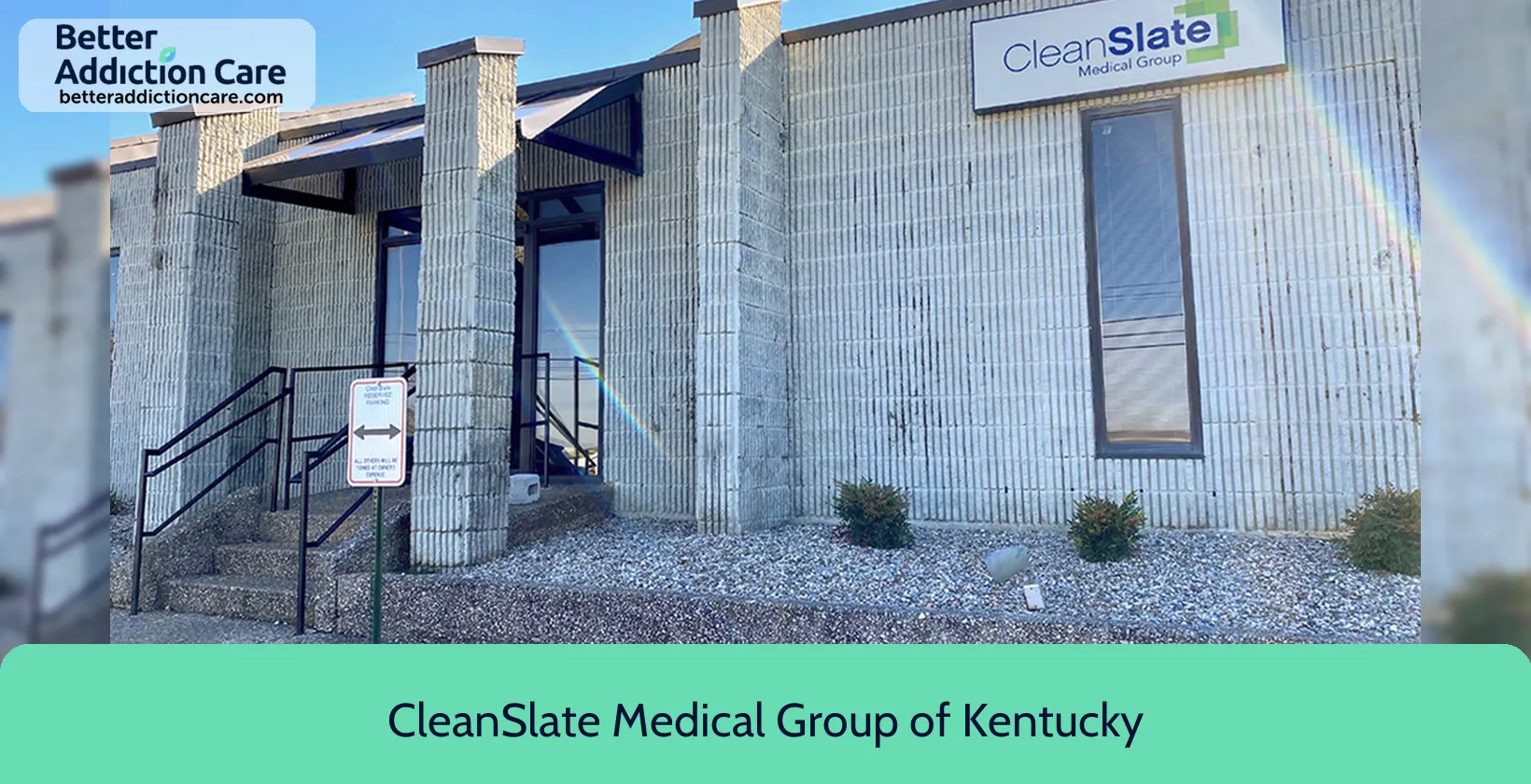
6.96
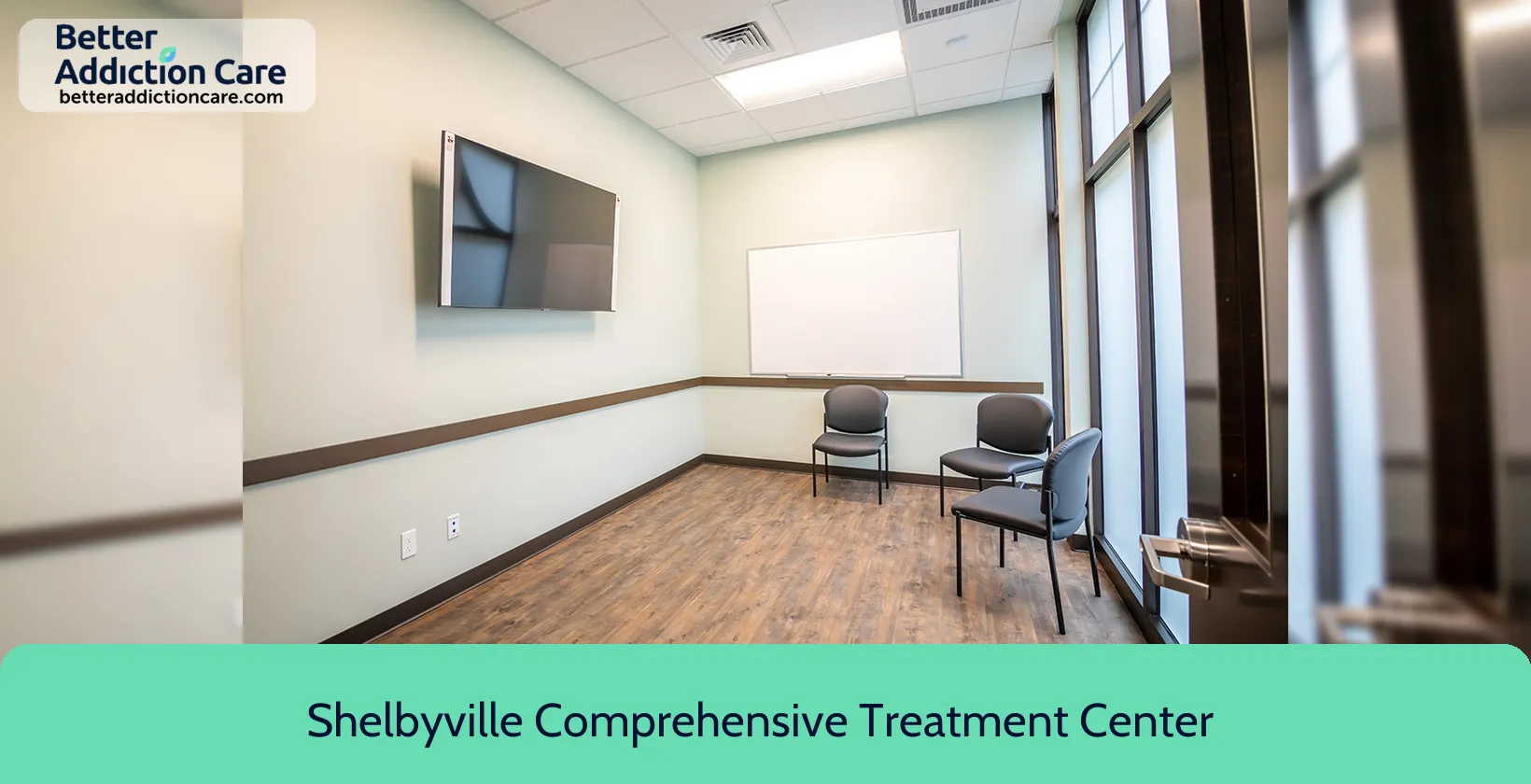
7.63
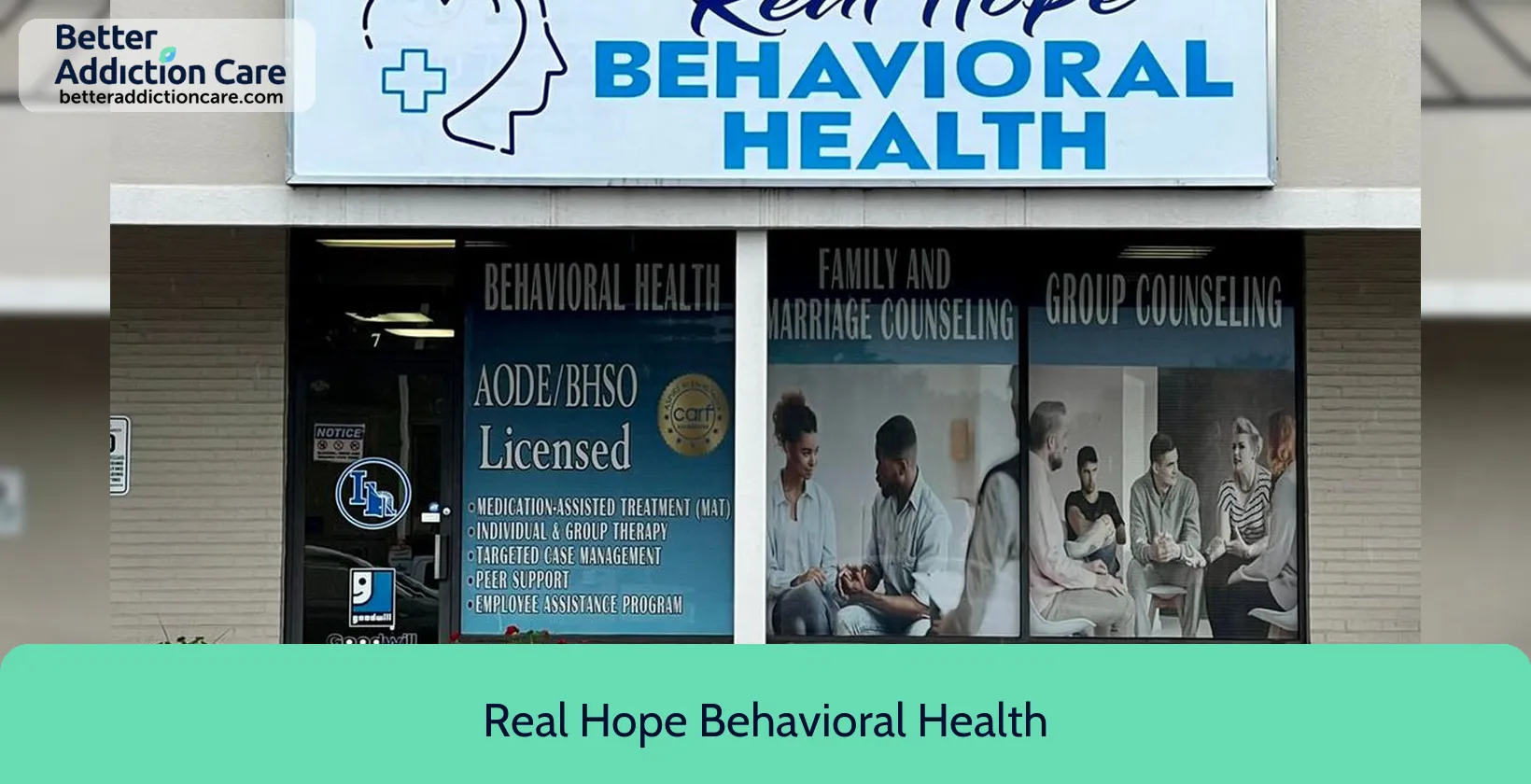
6.56
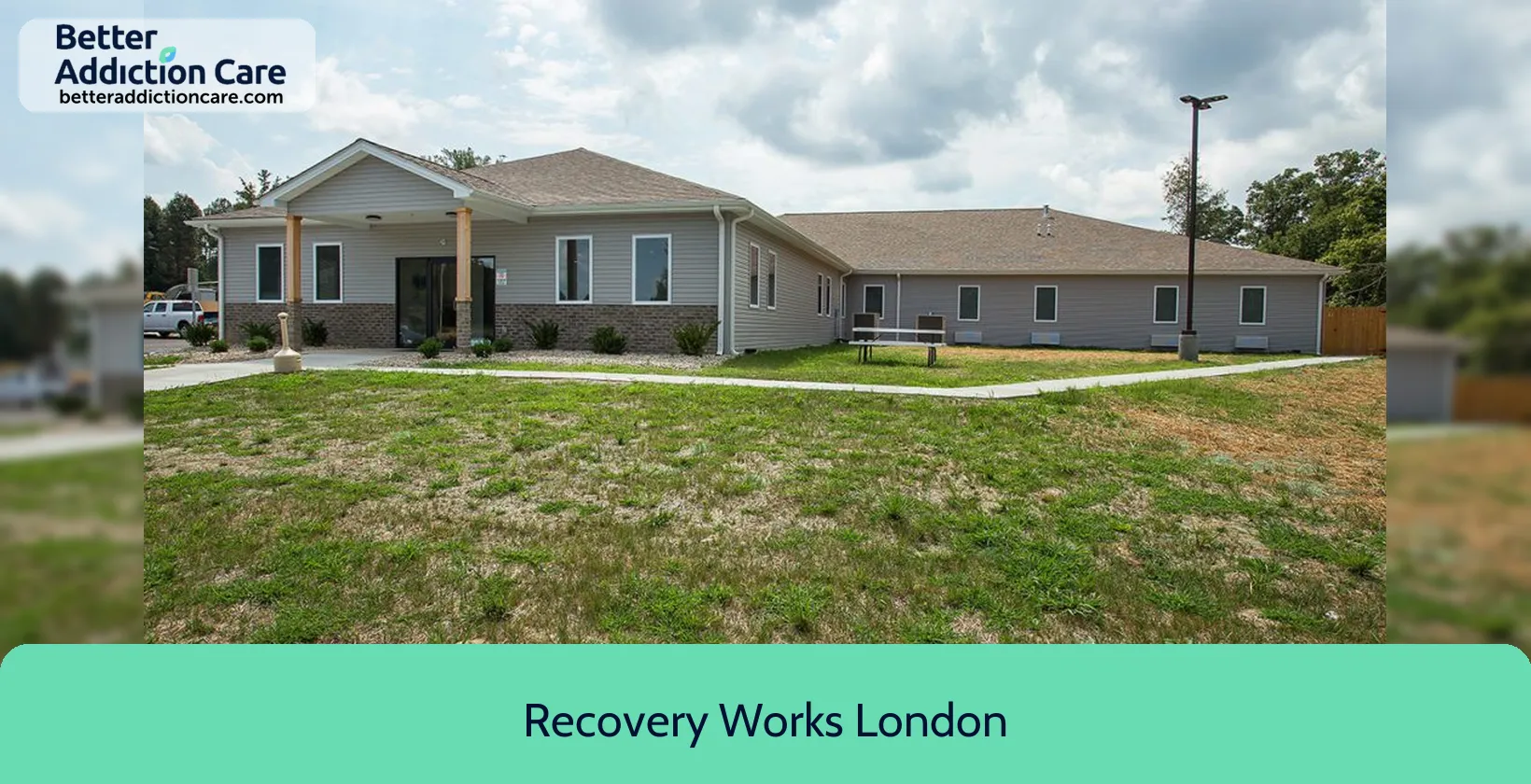
7.62
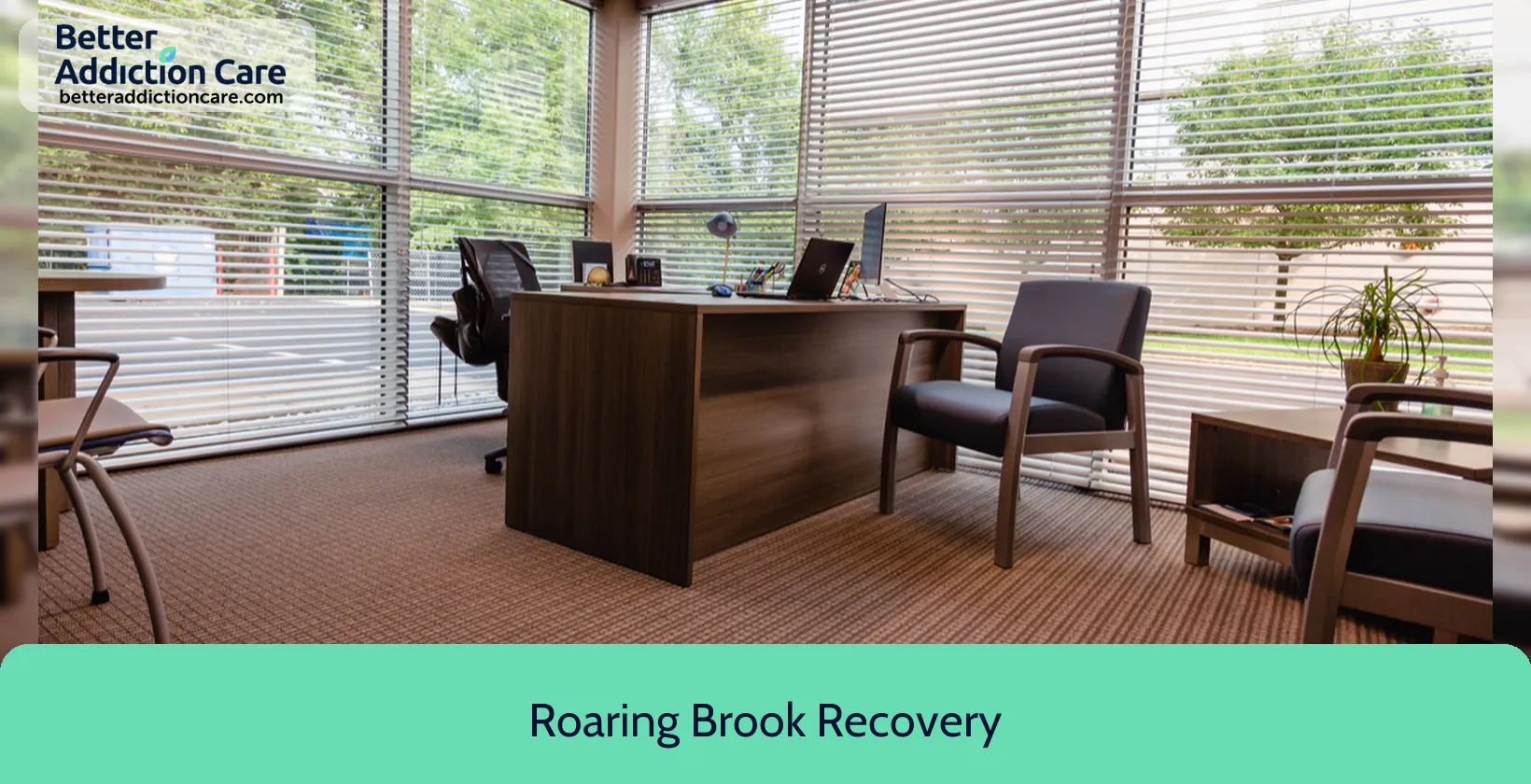
7.31
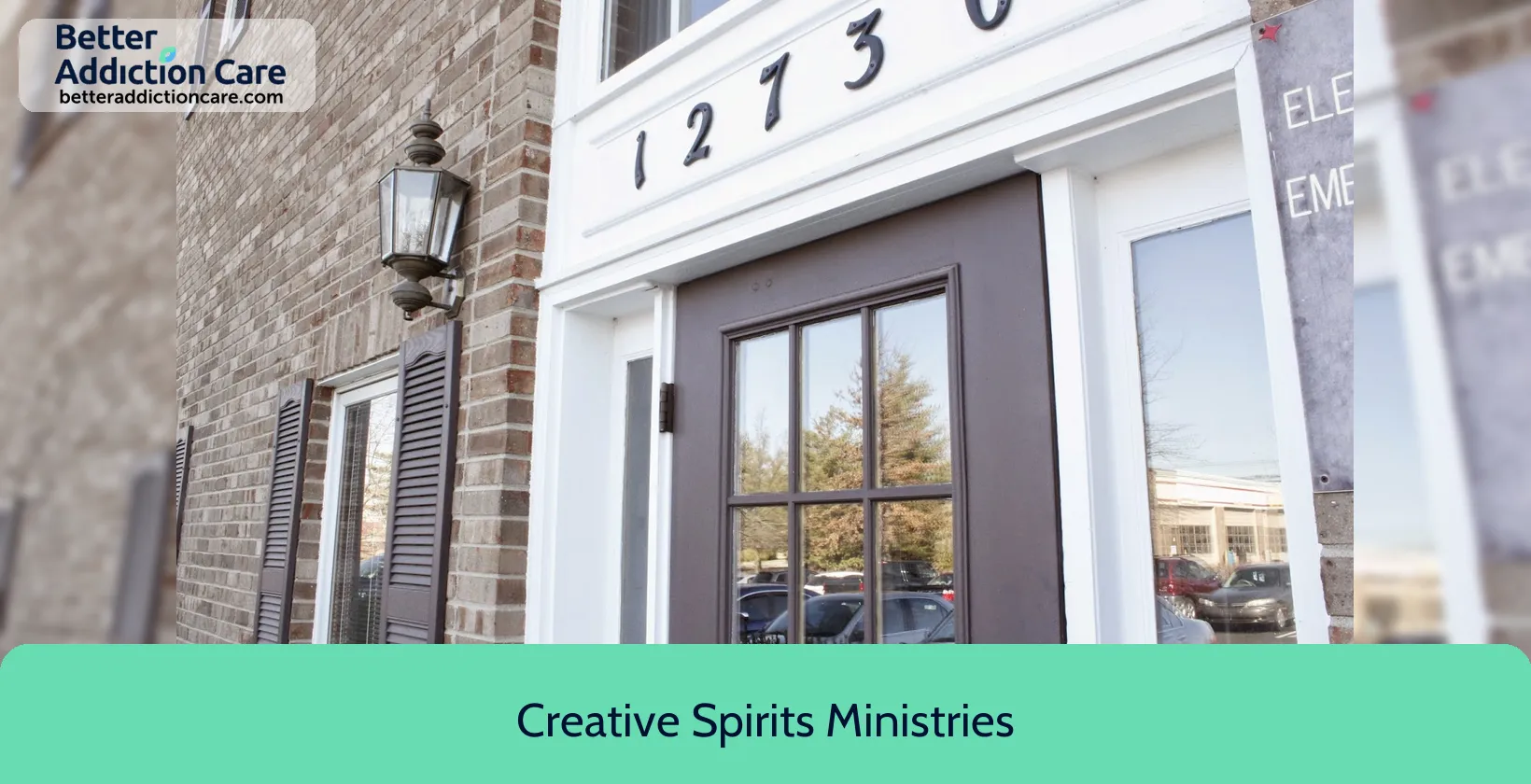
6.56
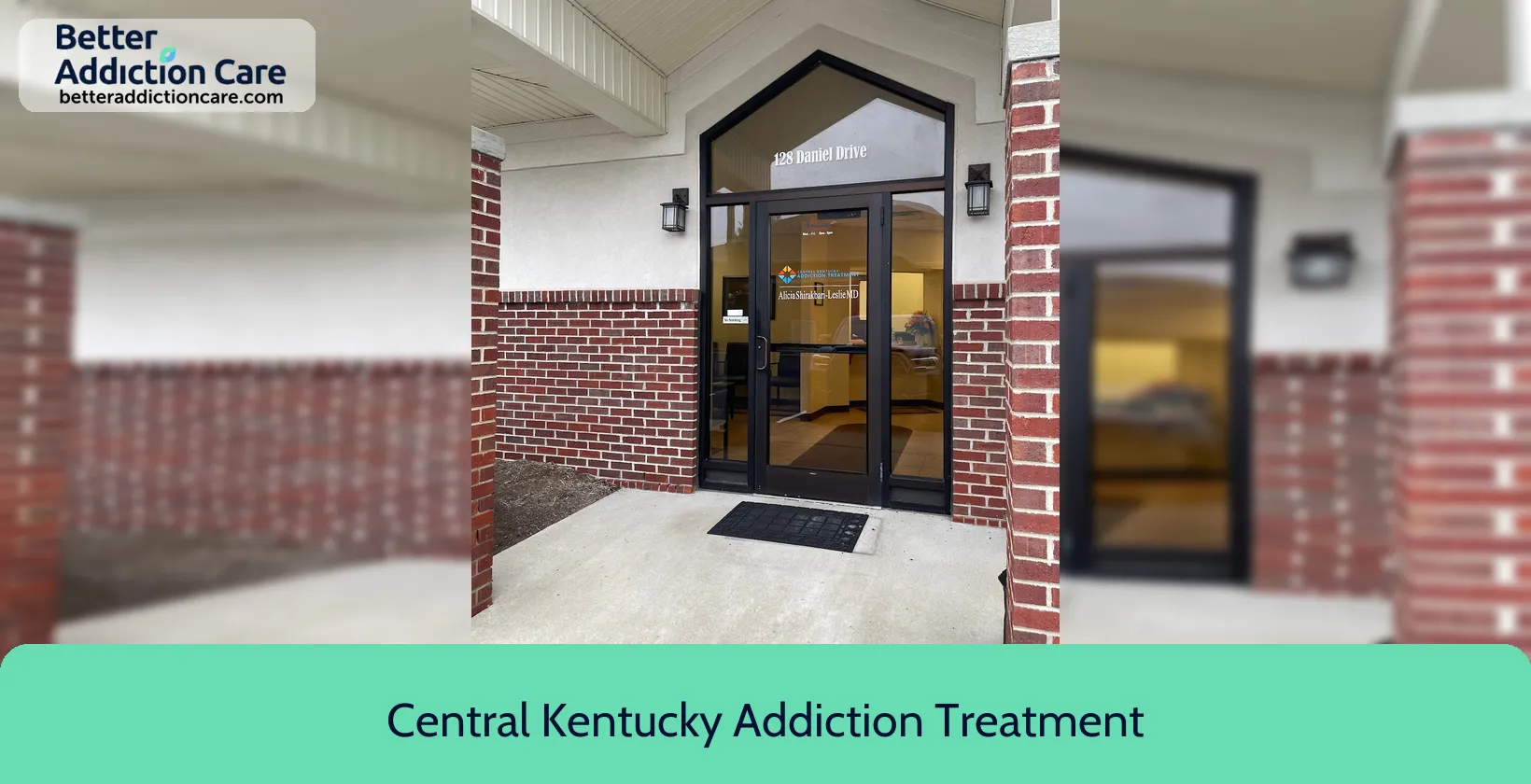
7.02
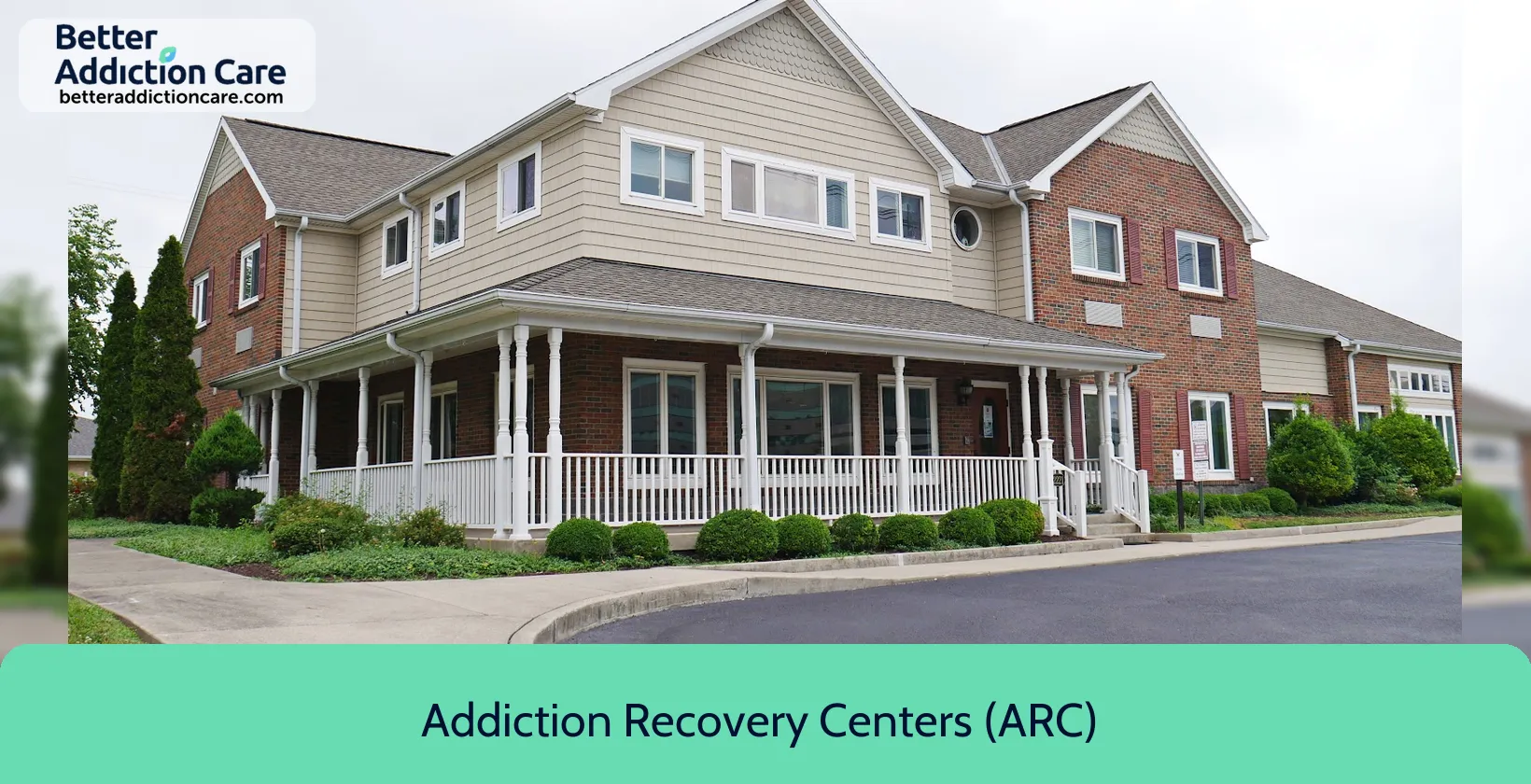
7.49
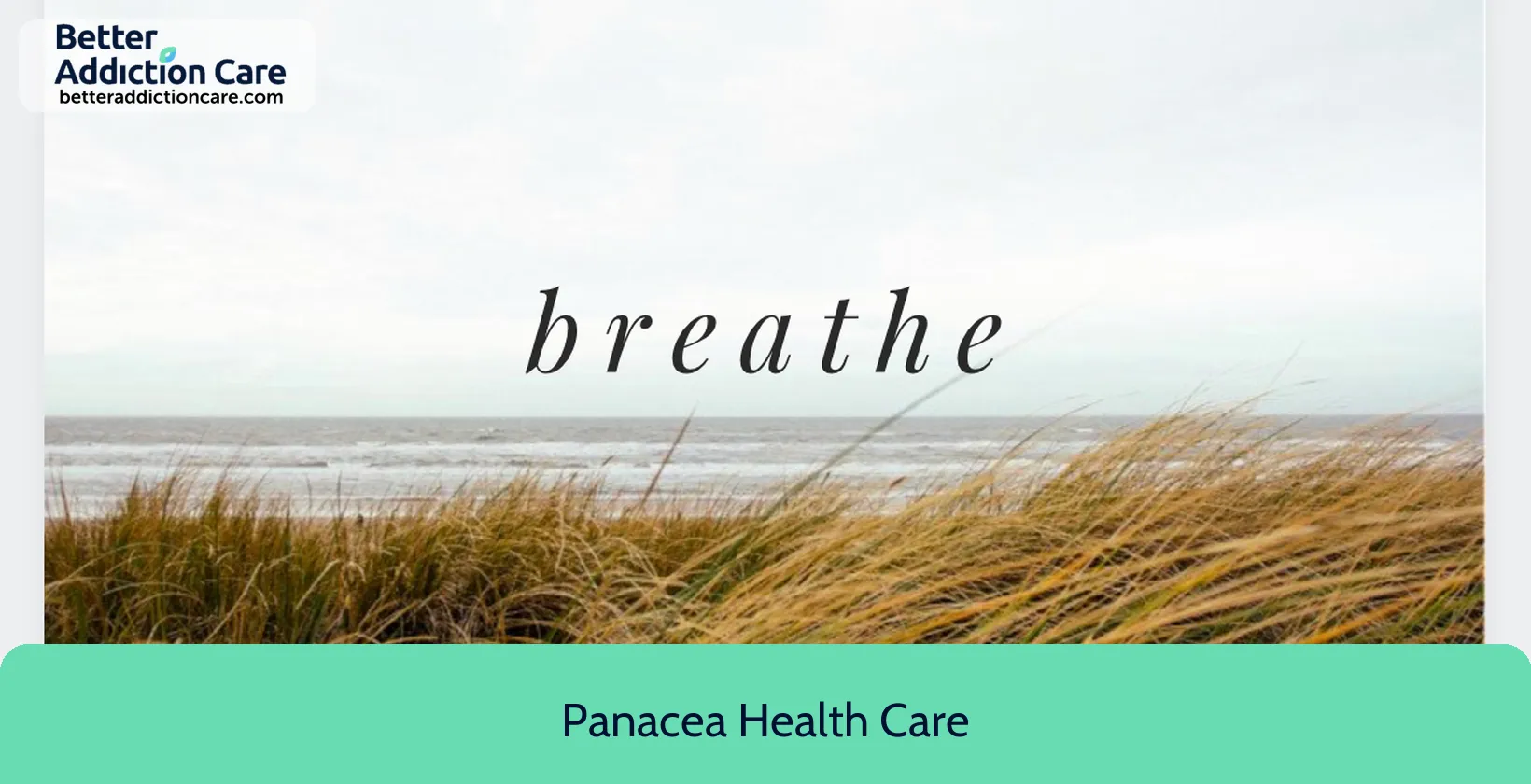
7.39
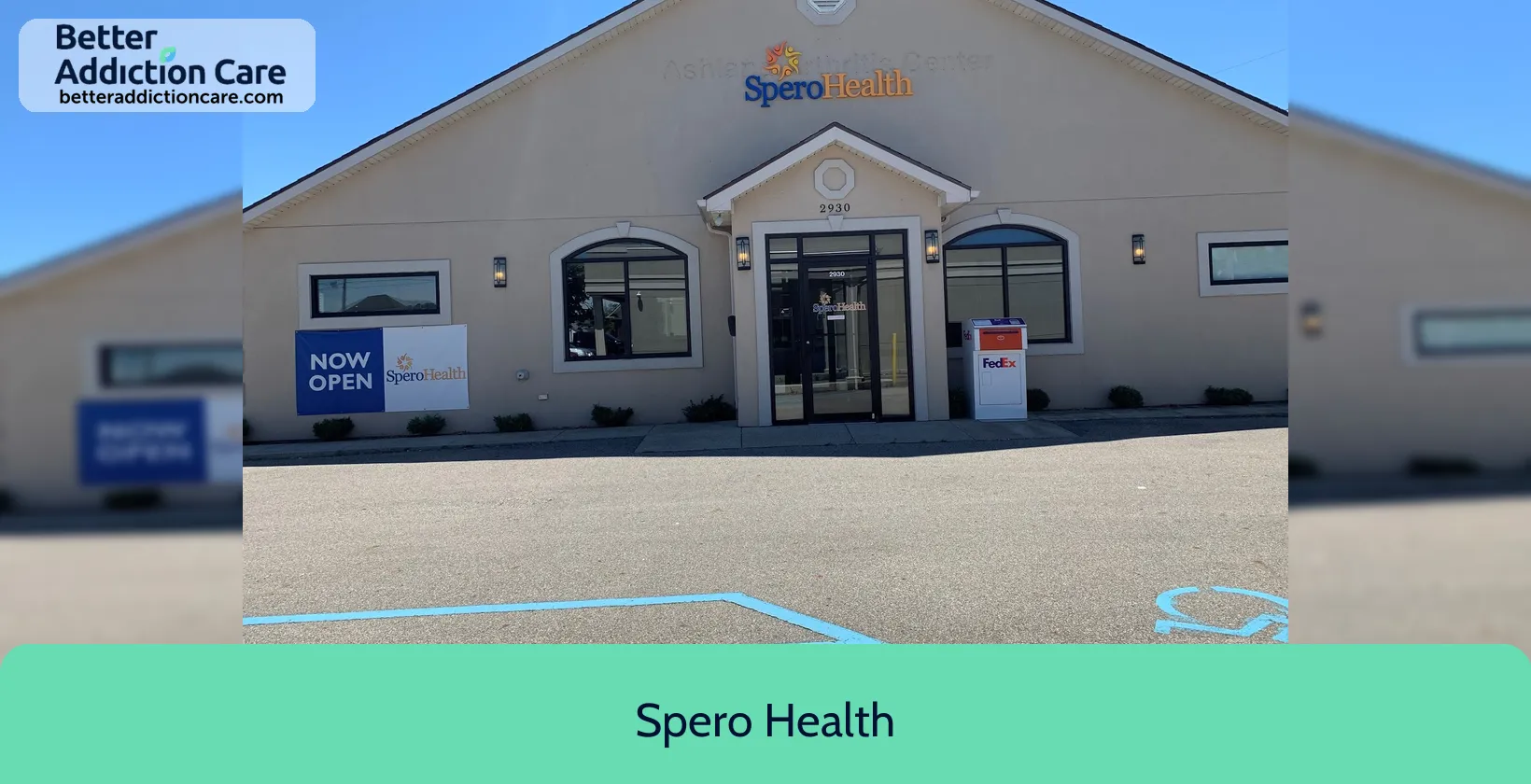
7.20
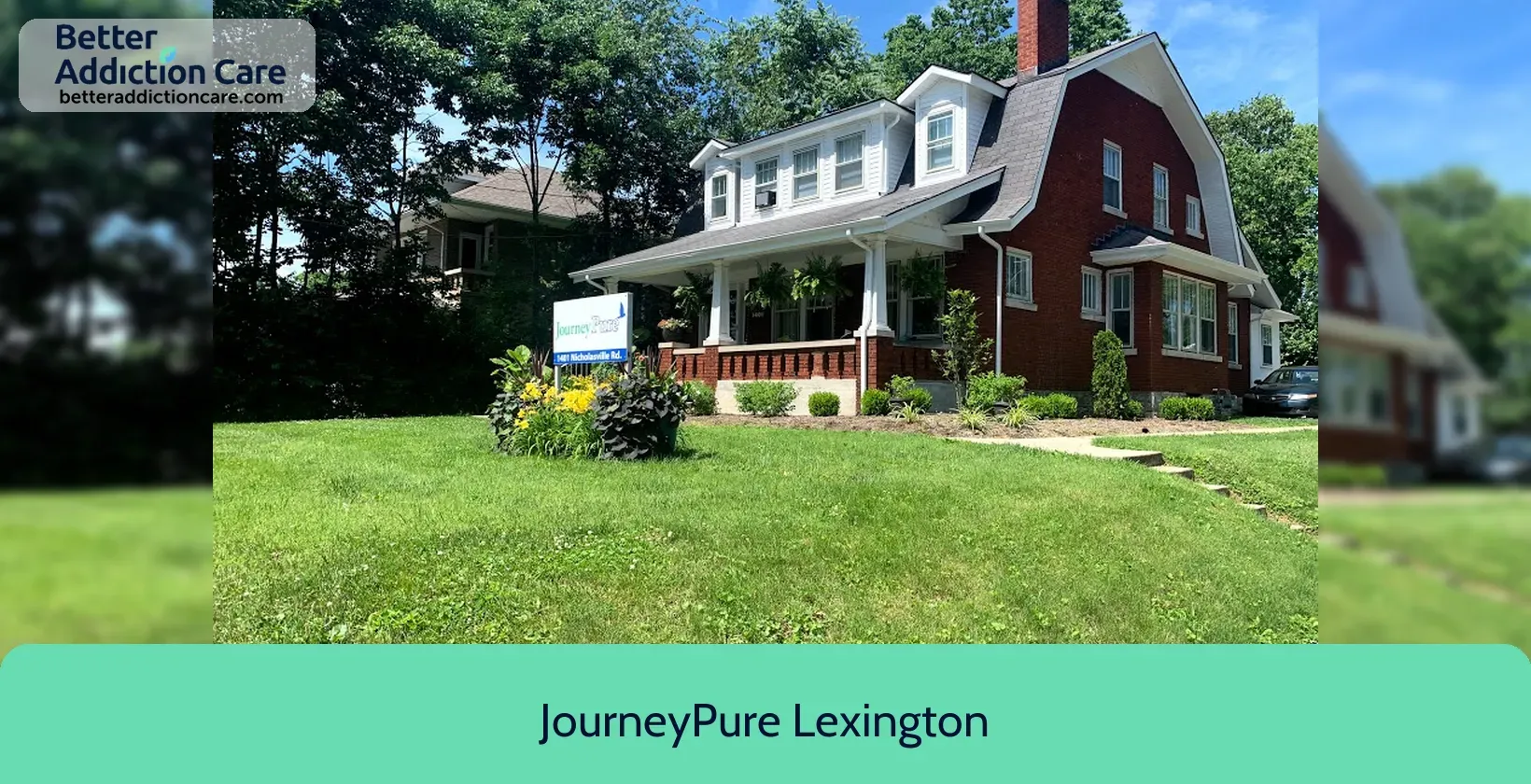
6.74
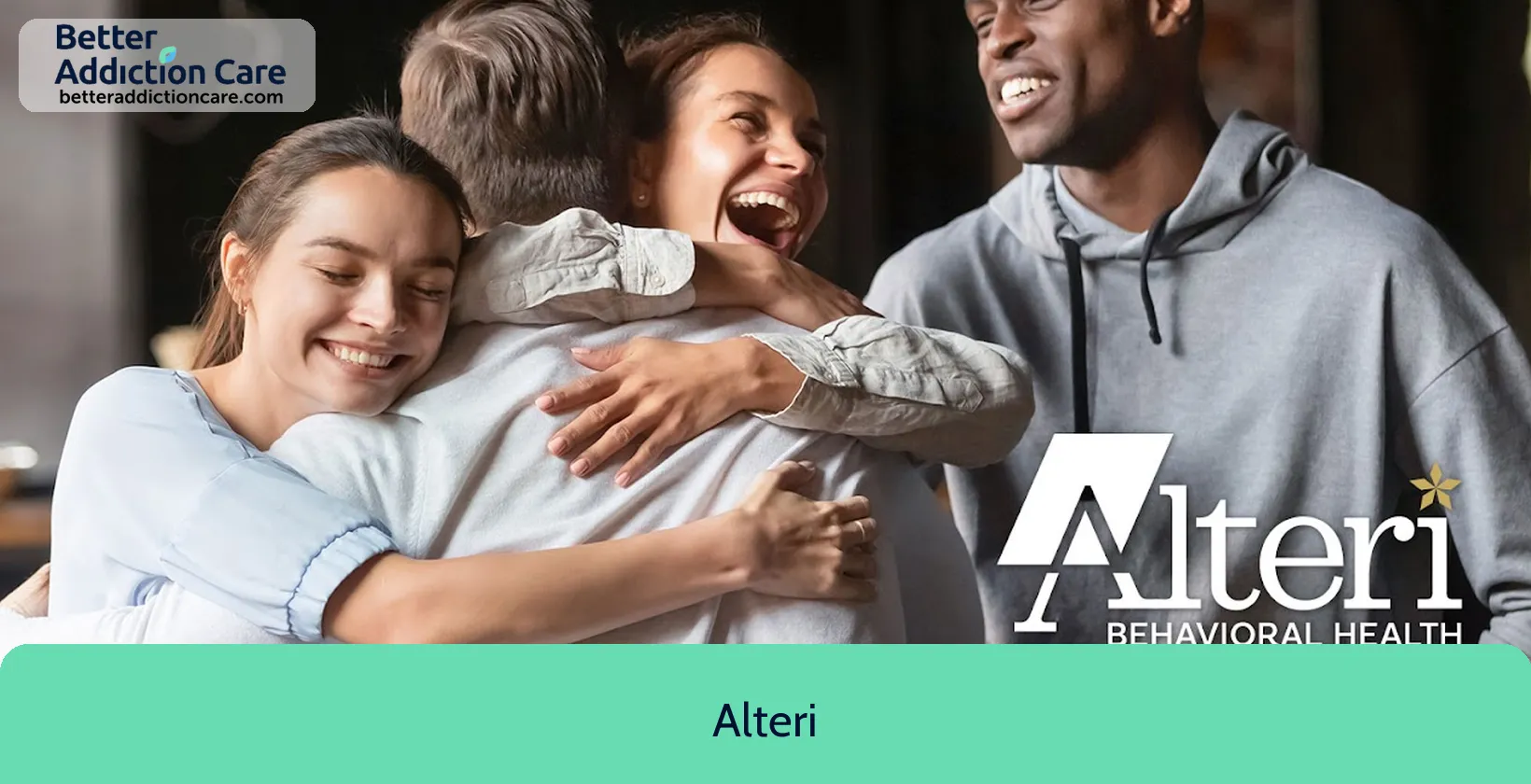
7.16

7.72
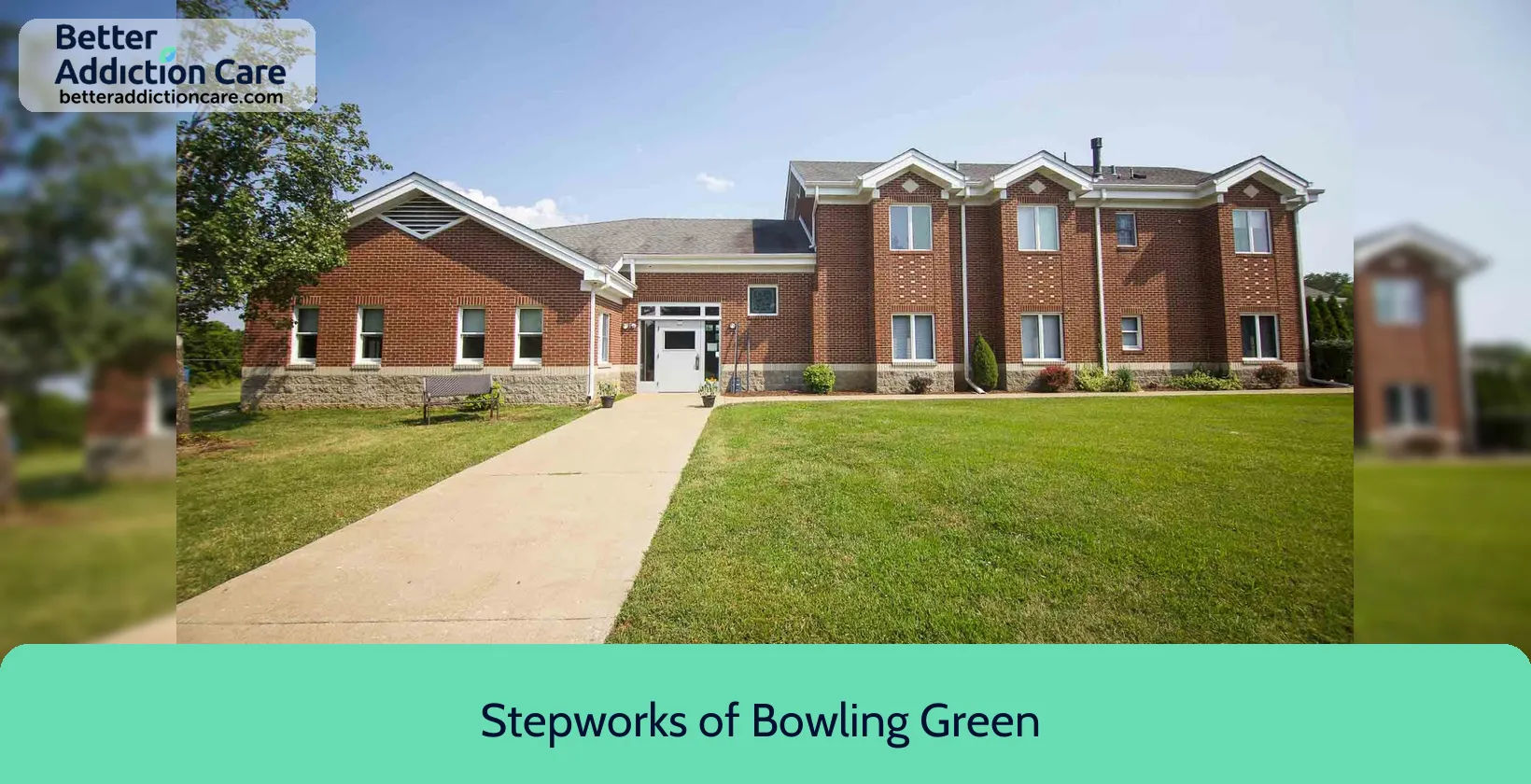
7.68
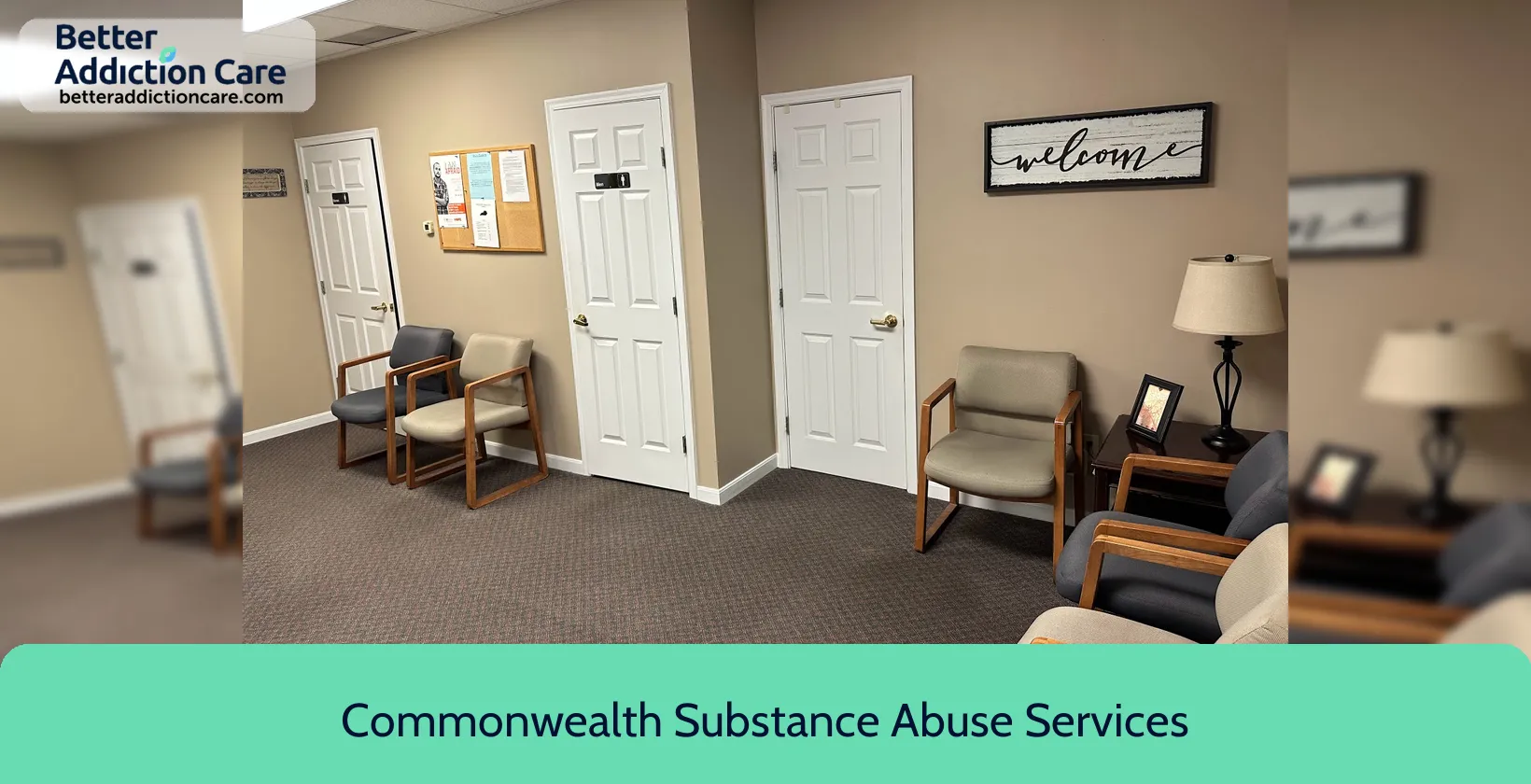
6.65
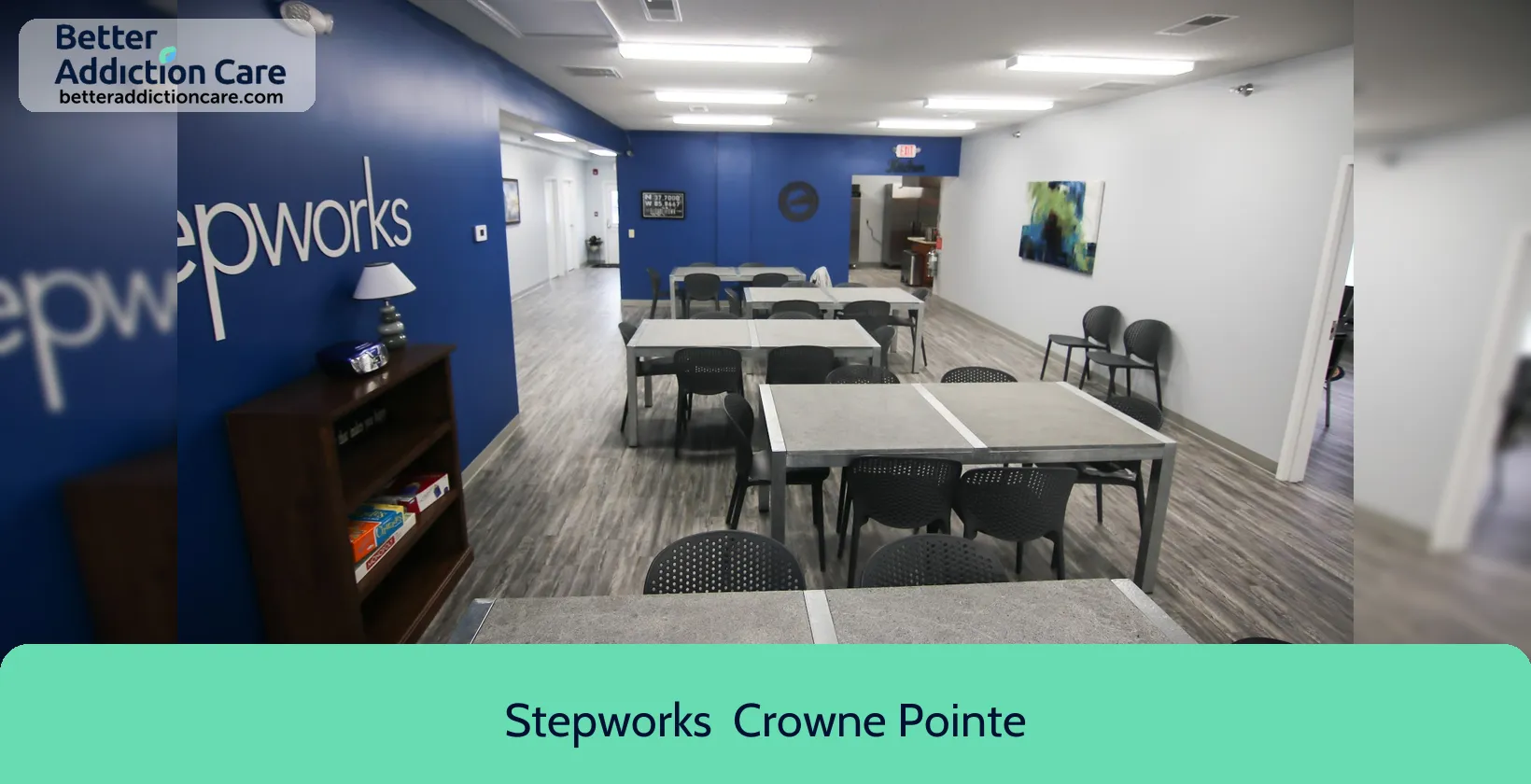
7.62
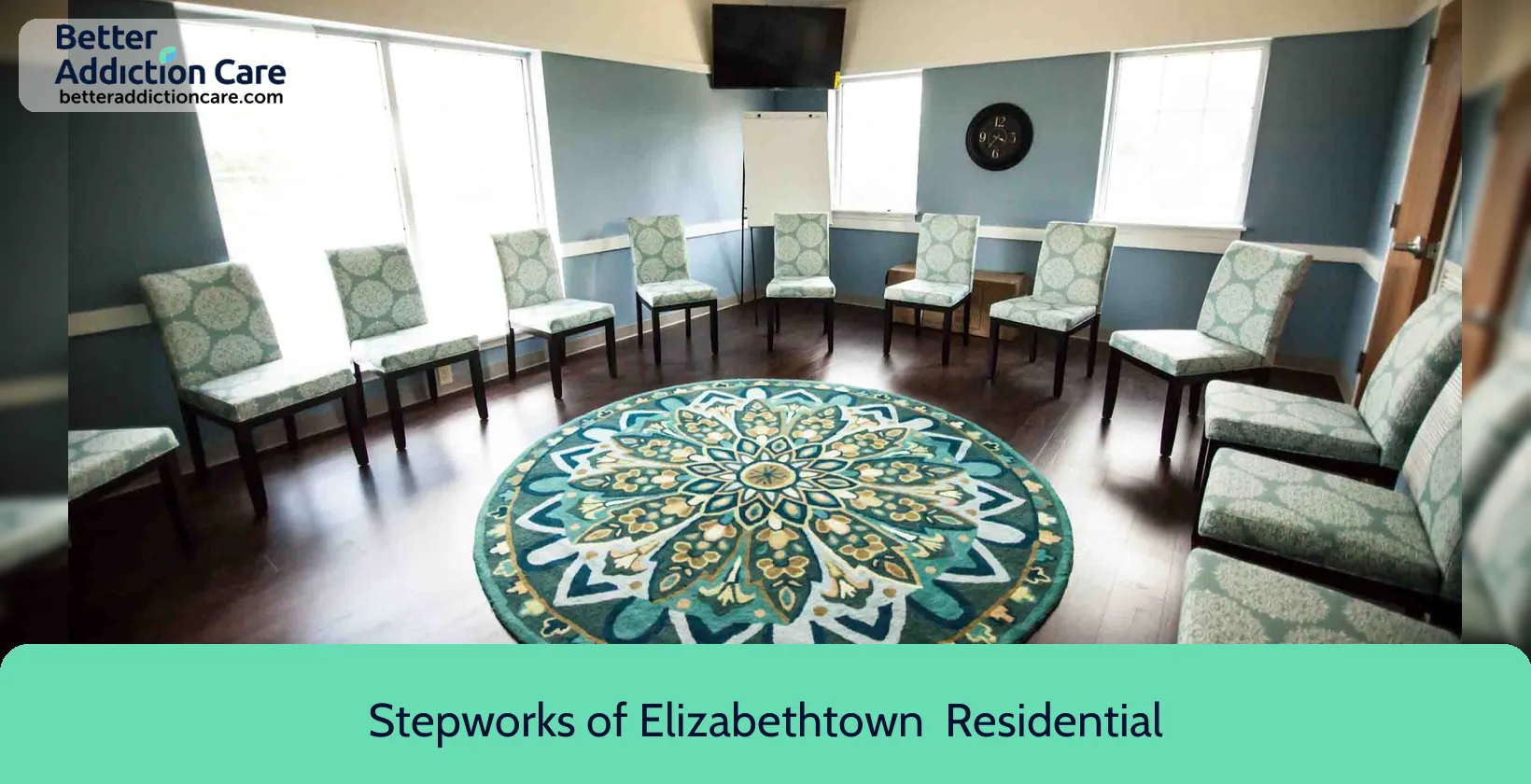
7.68
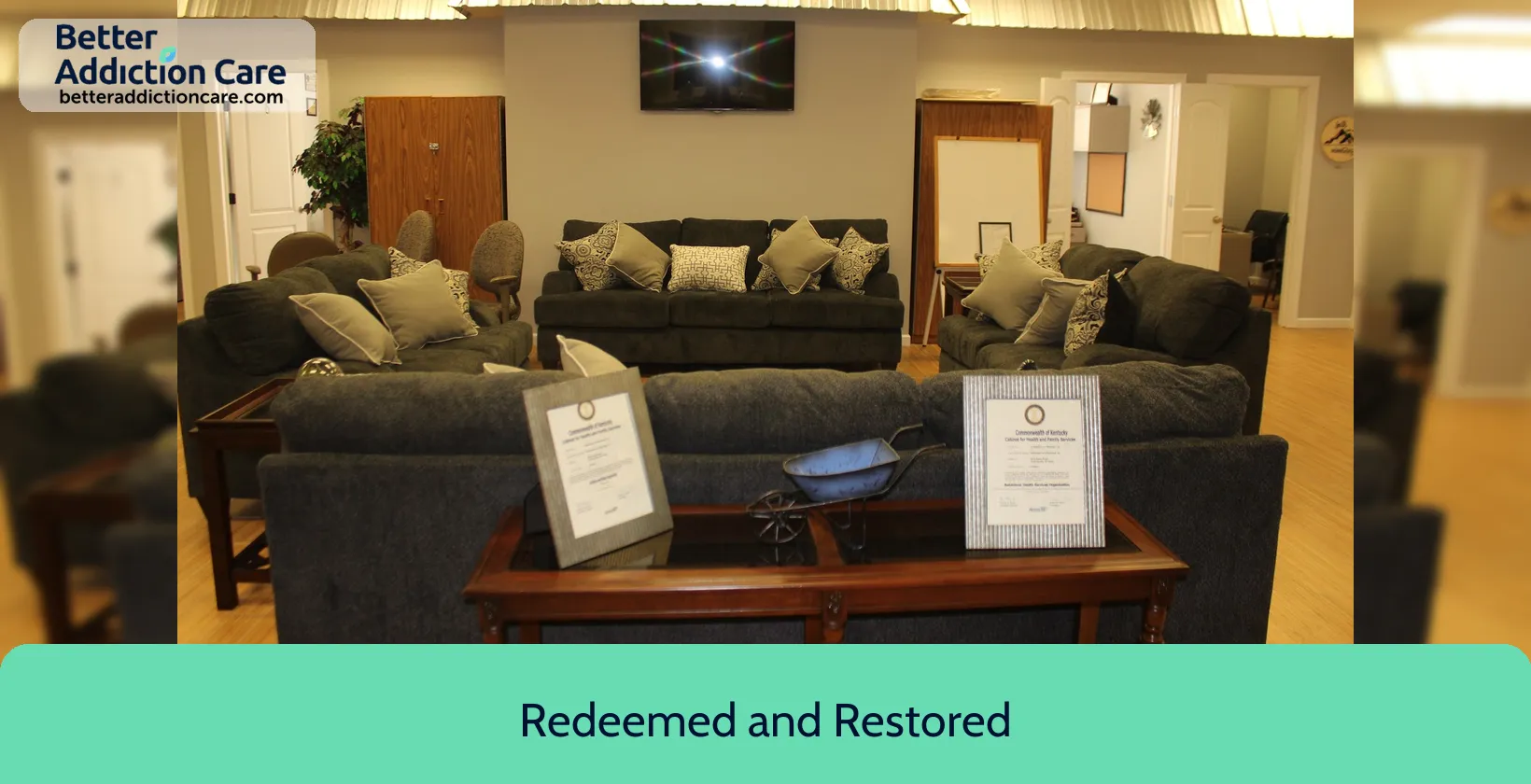
7.06
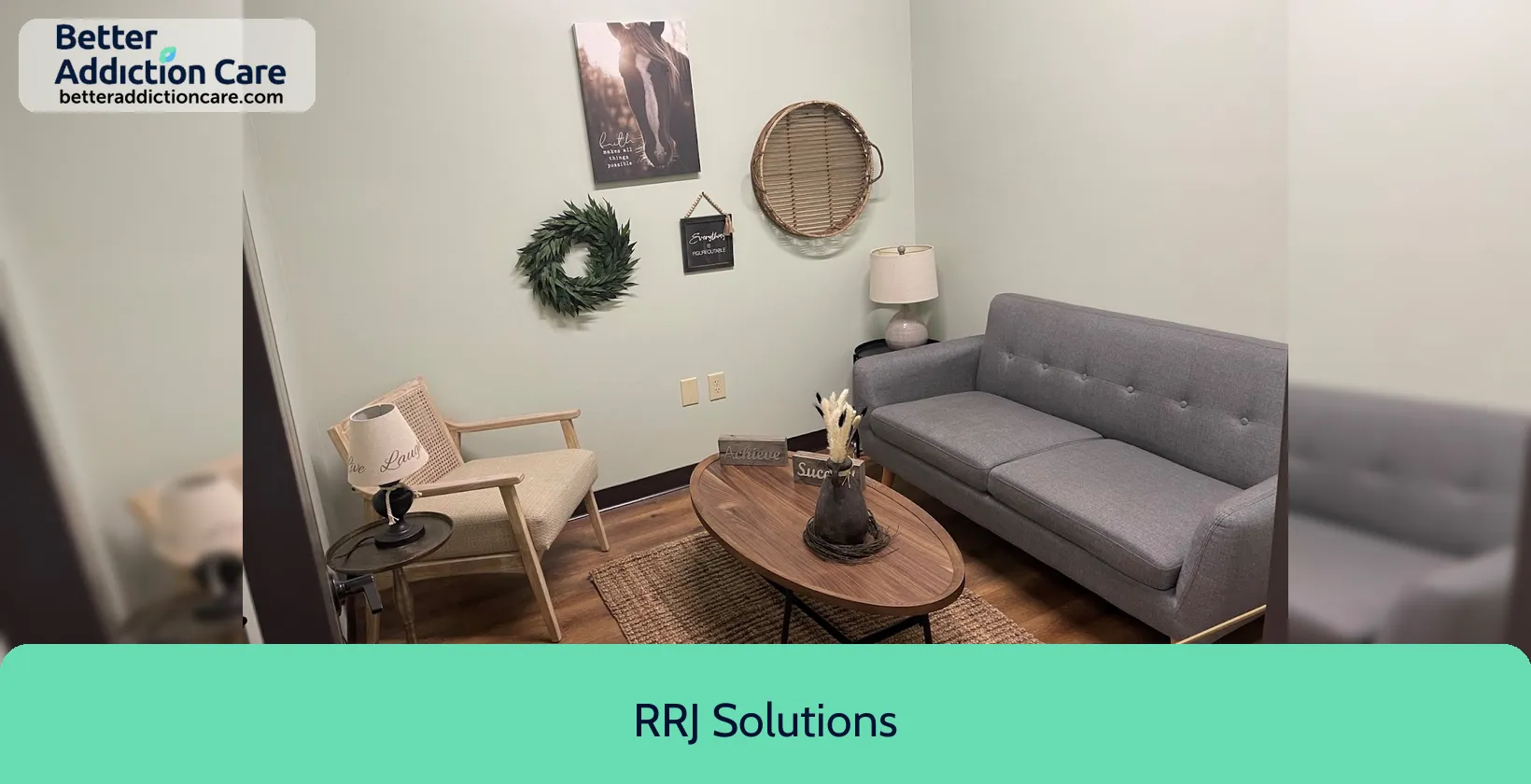
7.02
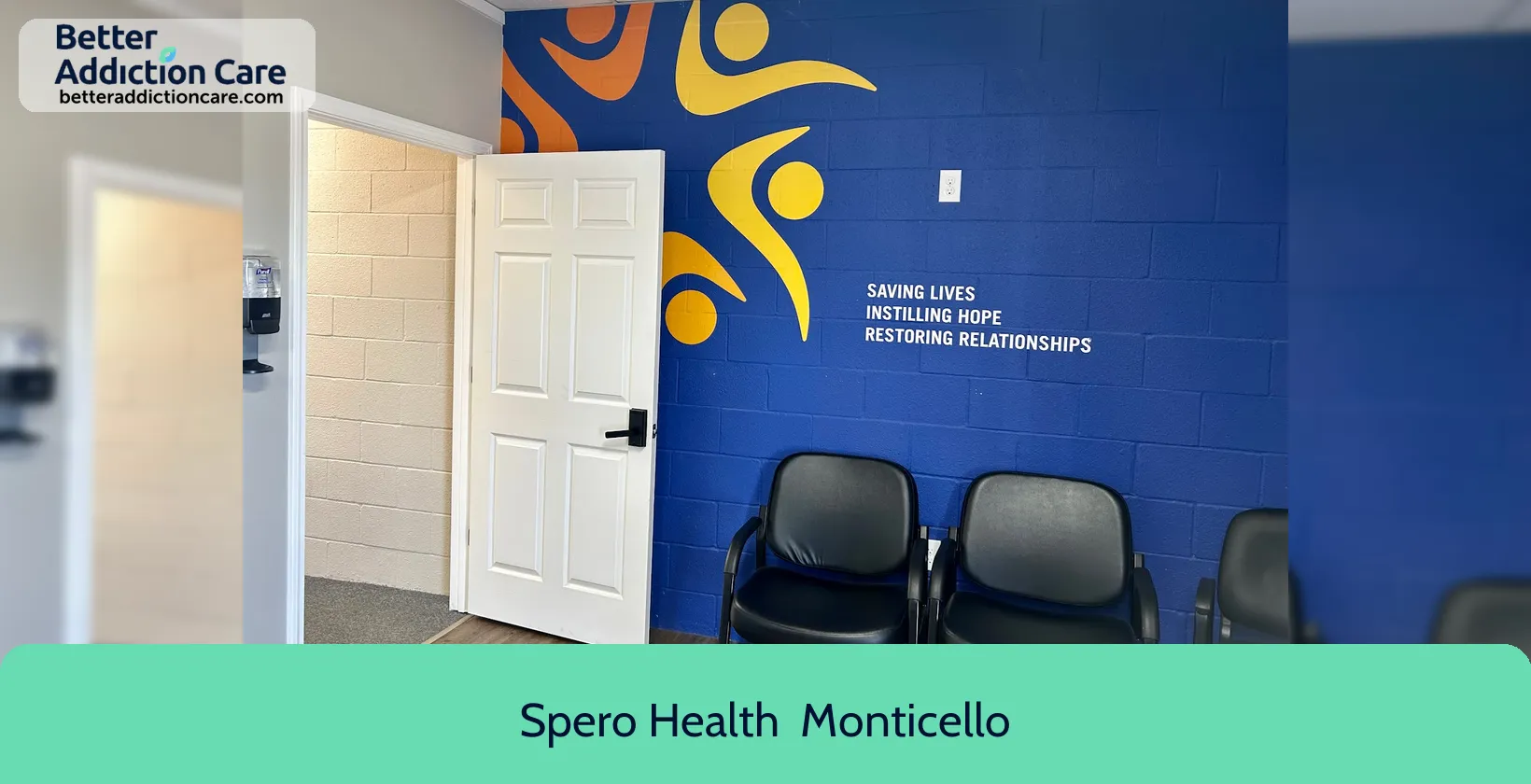
6.50
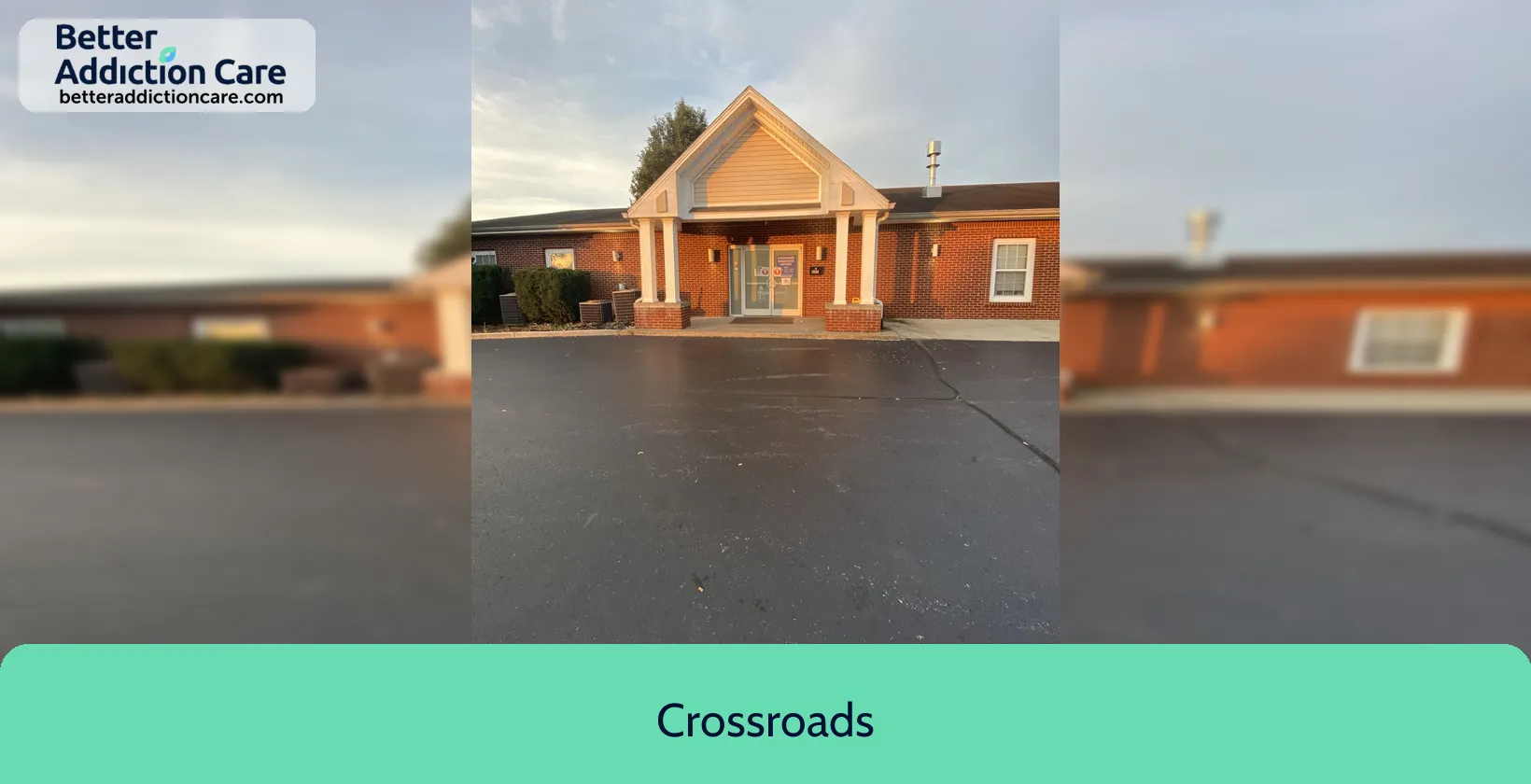
7.19
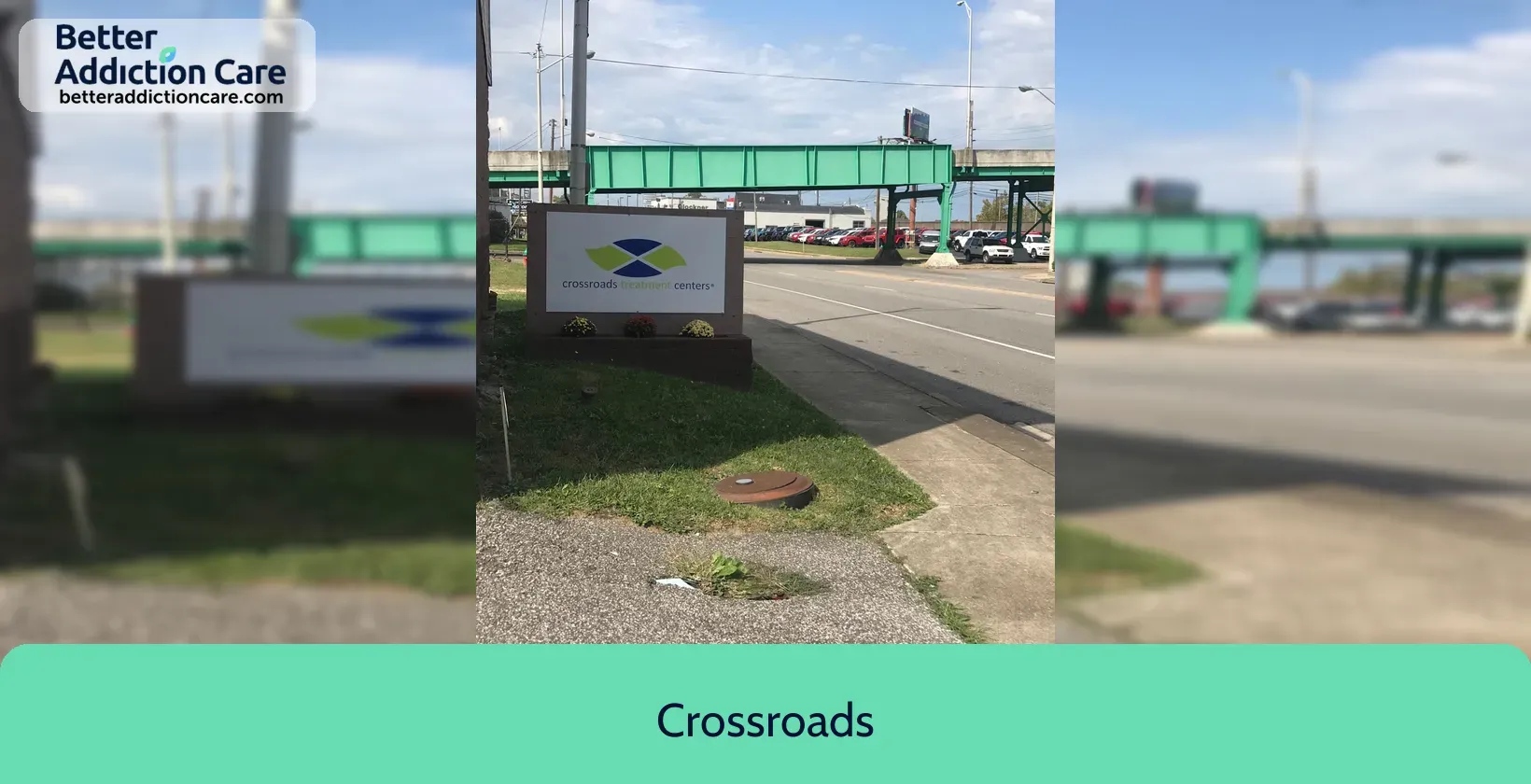
7.19
Substance abuse and Mental Health facilities Report for Kentucky
33rd
Cheapest To Most Expensive State Rank
523
Substance Abuse Facilities
28,452
Number of Patients Annually
25,680
Annual Enrollments
$43M
Spent on Outpatient Services (Million)
$1,709.00
Avg Outpatient Rehab Cost
2,548
Residential Admissions
$145M
Spent on Residential Treatment (Million)
$57,033.00
Residential Rehab Pay (Up To)
224
Total Patients
9
Free Drug Rehab Facilities
Alcoholism, Drug Abuse, Mental Health, and Treatment in Kentucky
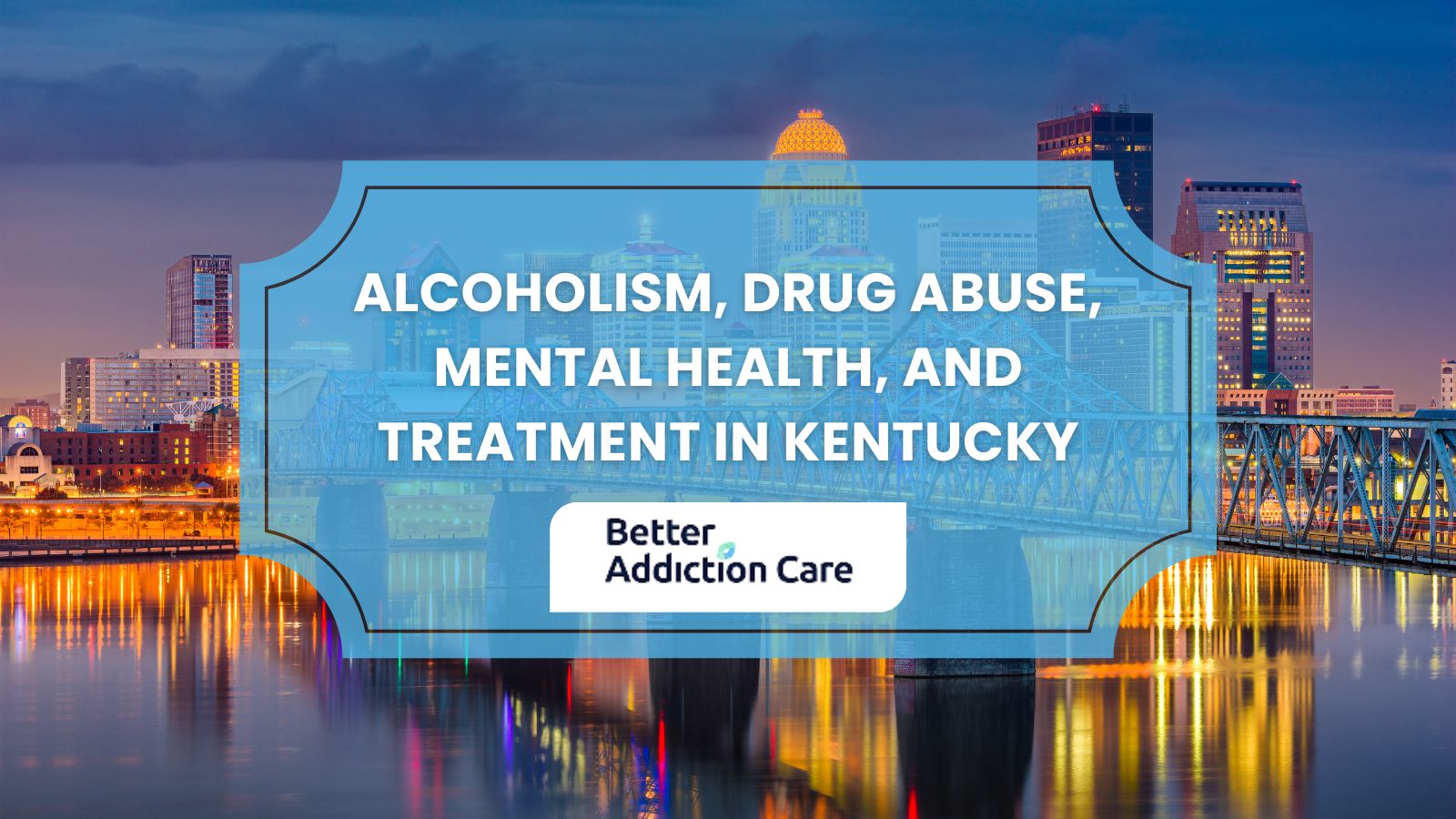
What are the main addictions people in Kentucky suffer from?
The main addictions people in Kentucky suffer from include:
- Drug Addiction: 58,840 (1.3%) of individuals aged 12 and older are affected. In 2024, Kentucky reported 2,135 drug overdose deaths, with opioids involved in 90% of these cases. 38,246 (65%) Males are higher in number as compared to females which are 26,478 (45%).
- Alcohol Addiction: 190,551 (4.21%) of individuals aged 12 and older are affected. The rate among Medicaid beneficiaries increased from 2.58% in 2022 to 4.21% in 2024. Kentucky has the third-highest rate of binge drinking in the United States. 110,519 (58%) Males are higher in number as compared to females which are 80,031 (42%).
- Tobacco Addiction: 1,113,433 (24.6%) of Kentucky adults were current smokers, higher than the national average. 690,328 (62%) Males are higher in number as compared to females which are 423,104 (38%).
- Prescription Drug Addiction: 203,676 (4.5%) of Kentucky adults reported misusing prescription pain relievers. 118,132 (58%) Males are higher in number as compared to females which are 85,543 (42%).
- Methamphetamine Addiction: Methamphetamine was identified in 2,263,077 (50.1%) of drug overdose deaths in 2024. 1,176,800 (52%) Males are higher in number as compared to females which are 1,086,276 (48%).
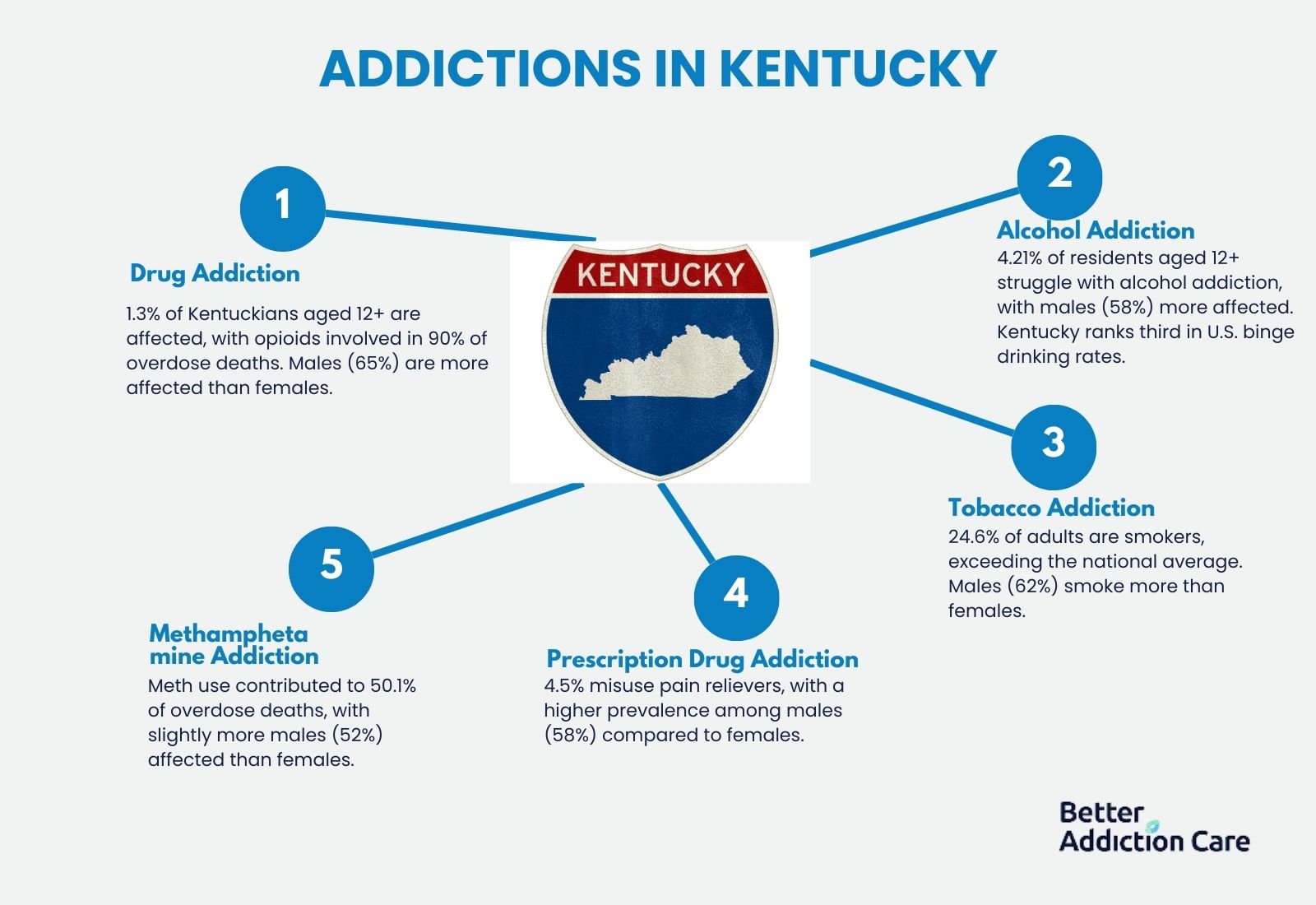
What is the cost of rehab centers in Kentucky?
The cost of rehab centers in Kentucky is $57,033, representing 93%. The cost of residential inpatient drug rehab ranges from $5,000 to $20,000 for a 30-day program. Standard programs are on the lower end, while luxury facilities with upscale amenities cost between $20,000 and $50,000 or more. For outpatient addiction treatment, the cost is $8,363.
The type of addiction significantly affects these costs. For example, medical detoxification, often required for severe alcohol or opioid dependence, exceeds average expenses by up to 15% to 25% depending on treatment complexity, reaching $65,588 to $71,291. Conversely, outpatient methadone programs are more cost-effective, averaging $7,430, which is 87% less than the average.
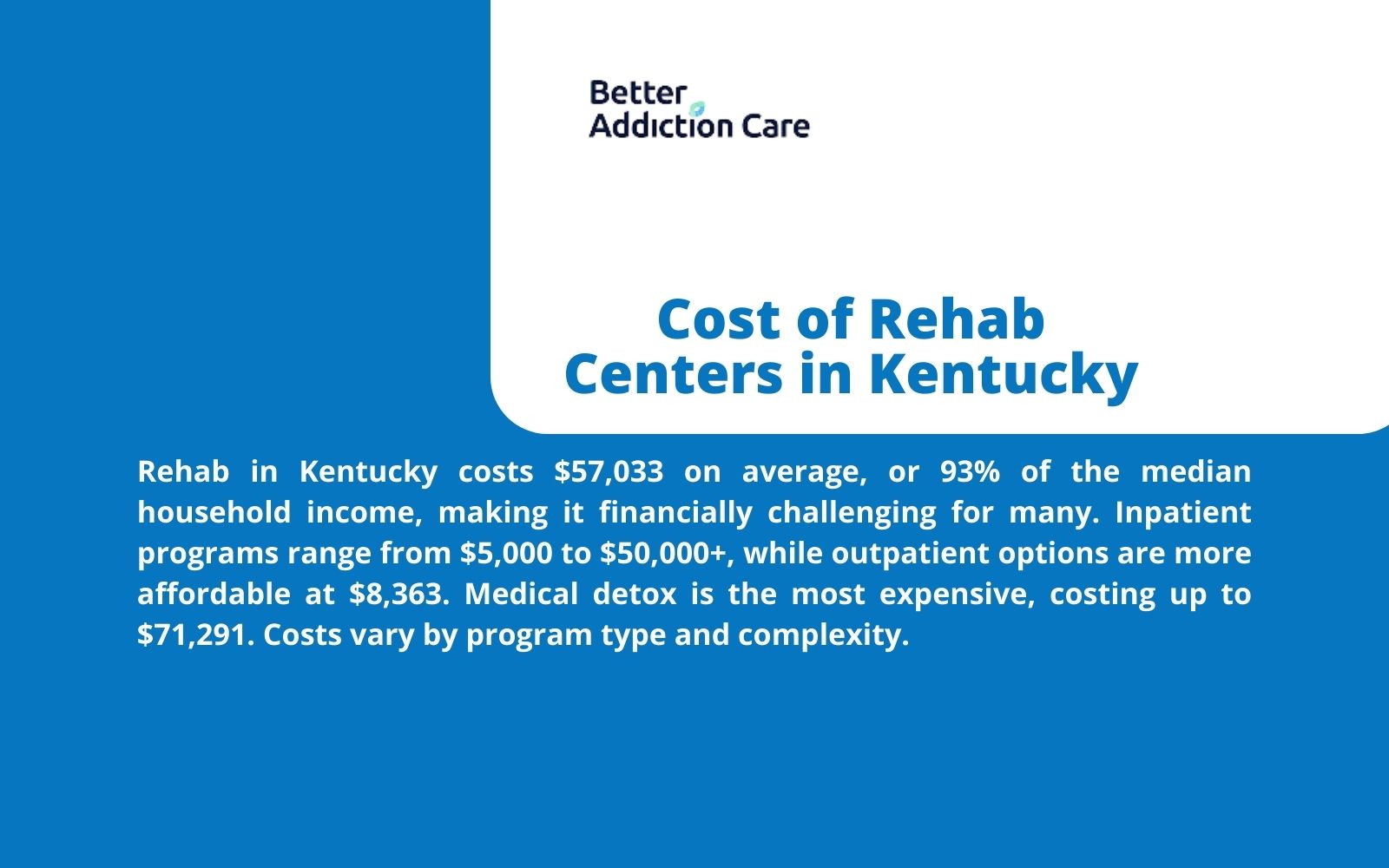
The median household income of Kentucky is $61,118. The cost of rehab centers in Kentucky is $57,033, representing 93%. The cost of rehab centers in Kentucky highlights accessibility challenges. Treatments costing $57,033 consume nearly all discretionary income for many households, making affordability a critical barrier.
Costs of rehab centers in Kentucky also vary by rehab center type, with inpatient programs more expensive than outpatient options.
What is the cost of LGBTQ+ rehab centers in Kentucky?
The cost of LGBTQ+ rehab centers in Kentucky is $56,000, representing 91.6%. The cost of residential inpatient drug rehab ranges from $5,000 to $20,000 for a 30-day program. Standard programs are on the lower end, while luxury facilities with upscale amenities cost between $20,000 and $50,000 or more. For outpatient addiction treatment, the cost is $8,363.
The type of addiction significantly affects these costs of LGBTQ+ rehab. For example, medical detoxification, often required for severe alcohol or opioid dependence, exceeds average expenses by up to 15% to 25% depending on treatment complexity, reaching $65,588 to $71,291. Conversely, outpatient methadone programs are more cost-effective, averaging $7,430, which is 87% less than the average.
The median household income of Kentucky is $61,118. The cost of LGBTQ+ rehab centers in Kentucky is $56,000, representing 91.6%. The cost of LGBTQ+ rehab centers in Kentucky highlights accessibility challenges. Treatments costing $56,000 consume nearly all discretionary income for many households, making affordability a critical barrier.
Costs of LGBTQ+ rehab centers also vary by rehab center type, with inpatient programs more expensive than outpatient options.
What is the cost of Faith-Based rehab centers in Kentucky?
The cost of Faith-Based rehab centers in Kentucky is $56,690, representing 92%. The cost of residential inpatient drug rehab ranges from $5,000 to $20,000 for a 30-day program. Standard programs are on the lower end, while luxury facilities with upscale amenities cost between $20,000 and $50,000 or more. For outpatient addiction treatment, the cost is $8,363.
The type of addiction significantly affects these costs of Faith-Based rehab centers. For example, medical detoxification, often required for severe alcohol or opioid dependence, exceeds average expenses by up to 15% to 25% depending on treatment complexity, reaching $65,588 to $71,291. Conversely, outpatient methadone programs are more cost-effective, averaging $7,430, which is 87% less than the average.
The median household income of Kentucky is $61,118. The cost of Faith-Based rehab centers in Kentucky is $56,690, representing 92%. The cost of Faith-Based rehab centers in Kentucky highlights accessibility challenges. Treatments costing $56,690 consume nearly all discretionary income for many households, making affordability a critical barrier.
Costs Faith-Based also vary by rehab center type, with inpatient programs more expensive than outpatient options.
What is the cost of Men-Only rehab centers in Kentucky?
The cost of Men-Only Rehab centers in Kentucky is $55,690 representing 91%. The cost of residential inpatient drug rehab ranges from $5,000 to $20,000 for a 30-day program. Standard programs are on the lower end, while luxury facilities with upscale amenities cost between $20,000 and $50,000 or more. For outpatient addiction treatment, the cost is $8,363.
The type of addiction significantly affects these costs of Men-Only Rehab centers. For example, medical detoxification, often required for severe alcohol or opioid dependence, exceeds average expenses by up to 15% to 25% depending on treatment complexity, reaching $65,588 to $71,291. Conversely, outpatient methadone programs are more cost-effective, averaging $7,430, which is 87% less than the average.
The median household income of Kentucky is $61,118. The cost of Men-Only rehab centers in Kentucky is $55,690, representing 91%. The cost of Men-Only rehab centers in Kentucky highlights accessibility challenges. Treatments costing $55,690 consume nearly all discretionary income for many households, making affordability a critical barrier.
Costs of Men-Only rehab also vary by rehab center type, with inpatient programs more expensive than outpatient options.
What is the cost of Women-Only rehab centers in Kentucky?
The cost of Women-Only rehab centers in Kentucky is $52,943, representing 86.6%. The cost of residential inpatient drug rehab ranges from $5,000 to $20,000 for a 30-day program. Standard programs are on the lower end, while luxury facilities with upscale amenities cost between $20,000 and $50,000 or more. For outpatient addiction treatment, the cost is $8,363.
The type of addiction significantly affects these costs of Women-Only rehab centers. For example, medical detoxification, often required for severe alcohol or opioid dependence, exceeds average expenses by up to 15% to 25% depending on treatment complexity, reaching $65,588 to $71,291. Conversely, outpatient methadone programs are more cost-effective, averaging $7,430, which is 87% less than the average.
The median household income of Kentucky is $61,118. The cost of Women-Only rehab centers in Kentucky is $52,943, representing 86.6%. The cost of Women-Only rehab centers in Kentucky highlights accessibility challenges. Treatments costing $52,943 consume nearly all discretionary income for many households, making affordability a critical barrier.
Costs of Women-Only rehab centers also vary by rehab center type, with inpatient programs more expensive than outpatient options.
What is the cost of Teen rehab centers in Kentucky?
The cost of Teen rehab centers in Kentucky is $54,000, representing 88%. The cost of residential inpatient drug rehab ranges from $5,000 to $20,000 for a 30-day program. Standard programs are on the lower end, while luxury facilities with upscale amenities cost between $20,000 and $50,000 or more. For outpatient addiction treatment, the cost is $8,363.
The type of addiction significantly affects these costs of Teen rehab centers. For example, medical detoxification, often required for severe alcohol or opioid dependence, exceeds average expenses by up to 15% to 25% depending on treatment complexity, reaching $65,588 to $71,291. Conversely, outpatient methadone programs are more cost-effective, averaging $7,430, which is 87% less than the average.
The median household income of Kentucky is $61,118. The cost of Teen rehab centers in Kentucky is $54,000, representing 88%. The cost of Teen rehab centers in Kentucky highlights accessibility challenges. Treatments costing $57,033 consume nearly all discretionary income for many households, making affordability a critical barrier.
Costs of Teen rehab centers also vary by rehab center type, with inpatient programs more expensive than outpatient options.
What is the cost of Young Adult rehab centers in Kentucky?
The cost of Young Adult rehab centers in Kentucky is $54,900, representing 89%. The cost of residential inpatient drug rehab ranges from $5,000 to $20,000 for a 30-day program. Standard programs are on the lower end, while luxury facilities with upscale amenities cost between $20,000 and $50,000 or more. For outpatient addiction treatment, the cost is $8,363.
The type of addiction significantly affects these costs of Young Adult rehab centers. For example, medical detoxification, often required for severe alcohol or opioid dependence, exceeds average expenses by up to 15% to 25% depending on treatment complexity, reaching $65,588 to $71,291. Conversely, outpatient methadone programs are more cost-effective, averaging $7,430, which is 87% less than the average.
The median household income of Kentucky is $61,118. The cost of Young Adult rehab centers in Kentucky is $57,033, representing 89%. The cost of Young Adult rehab centers in Kentucky highlights accessibility challenges. Treatments costing $57,033 consume nearly all discretionary income for many households, making affordability a critical barrier.
Costs of Young Adult rehab centers also vary by rehab center type, with inpatient programs more expensive than outpatient options.
What is the cost of Luxury Rehab centers in Kentucky?
The cost of Luxury Rehab centers in Kentucky is $60,000. The inpatient program charges between $20,000 and $50,000 for a 30-day residential program.
The specific type of addiction influences these costs. For instance, medical detoxification, often required for severe alcohol or opioid dependencies, averages around $140,607, which is an increase of $83,574, or 146.5%, compared to the standard treatment cost of $57,033.
Kentucky's median household income is $61,118, a luxury rehab program costing up to $60,000 consumes 98% of an average household's annual income, indicating a significant financial commitment. Treatment expenses of Luxury Rehab centers in Kentucky vary based on the rehab center's amenities, program length, and services offered. Standard inpatient programs range from $5,000 to $20,000 for a 30-day program, while luxury facilities with upscale amenities range from $20,000 to $50,000 or more.
What is the cost of Dual Diagnosis rehab centers in Kentucky?
The cost of Dual Diagnosis rehab centers in Kentucky is $57,033, representing 93%. The cost of residential inpatient drug rehab ranges from $5,000 to $20,000 for a 30-day program. Standard programs are on the lower end, while luxury facilities with upscale amenities cost between $20,000 and $50,000 or more. For outpatient addiction treatment, the cost is $8,363.
The type of addiction significantly affects these costs of Dual Diagnosis rehab centers. For example, medical detoxification, often required for severe alcohol or opioid dependence, exceeds average expenses by up to 15% to 25% depending on treatment complexity, reaching $65,588 to $71,291. Conversely, outpatient methadone programs are more cost-effective, averaging $7,430, which is 87% less than the average.
The median household income of Kentucky is $61,118. The cost of Dual Diagnosis rehab centers in Kentucky is $57,033, representing about 93%. The cost of Dual Diagnosis rehab centers in Kentucky highlights accessibility challenges. Treatments costing $57,033 consume nearly all discretionary income for many households, making affordability a critical barrier.
Costs of Dual Diagnosis rehab centers also vary by rehab center type, with inpatient programs more expensive than outpatient options.
Is drug abuse and addiction a problem in Kentucky?
Yes, drug abuse and addiction is a problem in Kentucky. The state of Kentucky has experienced high rates of drug overdose deaths, particularly involving opioids like fentanyl. In 2024, Kentucky reported 1,984 drug overdose deaths, with fentanyl involved in 79% of these cases.
Over the years, the number of drug overdose deaths in Kentucky has fluctuated. In 2024, there were 2,250 overdose deaths, which decreased by over 5% to 2,135 in 2024. The downward trend continued in 2024, with a nearly 10% decline to 1,984 deaths.
These statistics highlight the persistent challenge of drug abuse in Kentucky, despite recent progress in reducing overdose fatalities.
Is alcoholism a problem in Kentucky?
Yes, alcoholism is a problem in Kentucky. The state of Kentucky has experienced a notable increase in alcohol-induced deaths, rising from 6.6 per 100,000 individuals in 2020 to 14.6 per 100,000 in 2024.
15.8% of adults aged 18 and over report binge drinking at least once per month. Kentucky had the second-highest increase in deaths from alcohol, drugs, and suicide in 2024, with 3,680 combined deaths, indicating a broader substance abuse issue.
Over the years, the rate of alcohol-induced deaths in Kentucky has more than doubled, escalating from 6.6 per 100,000 in 2022 to 14.6 per 100,000 in 2024.
This upward trend underscores the growing impact of alcoholism on Kentucky's public health.
These statistics highlight the escalating problem of alcoholism in Kentucky, emphasizing the need for effective prevention and treatment strategies to address this critical public health issue.
Is Mental Health a problem in Kentucky?
Yes, mental health is a problem in Kentucky. The state of Kentucky has consistently reported higher rates of poor mental health compared to national averages. In 2024, 17.2% of Kentucky adults reported experiencing poor mental health for 14 or more days in the past month, a figure that remained largely unchanged in 2024. Although there was a slight decline to 15.2% in 2024, this rate still exceeded the national average of 14.1%.
The prevalence of mental health issues among Kentucky's youth has also been rising. The percentage of children and adolescents aged 6 to 17 diagnosed with mental health or substance addiction increased from 9.5% in 2022 to 10.7% in 2024, marking a 13% rise over two years.
These statistics underscore the persistent and growing mental health challenges in Kentucky, affecting both adults and youth. Despite slight improvements in recent years, Kentucky's mental health indicators remain above national averages, highlighting the need for continued attention and resources to address this critical public health issue.
Can you travel to Kentucky for rehab?
Yes, you can travel to Kentucky for rehab, and the state of Kentucky offers several compelling reasons to choose it as a destination for recovery. Kentucky is known for its specialized treatment options, with many rehab centers offering tailored programs for specific needs, such as luxury facilities, LGBTQ+ friendly services, and specialized care for opioid addiction. This diversity ensures that individuals can find a program that aligns with their unique circumstances and preferences. Another key factor is affordability. Compared to many other states, Kentucky provides a range of treatment options that cater to different budgets, from cost-effective standard programs to upscale luxury facilities, making quality care accessible to people from various financial backgrounds. Kentucky’s serene environment plays a significant role in promoting recovery. The state of Kentucky’s picturesque landscapes, including its rolling hills, tranquil lakes, and peaceful natural parks, offer a calming and distraction-free atmosphere that fosters emotional and mental healing.
What sets Kentucky apart is its access to expertise in dealing with substance abuse, particularly opioid addiction, with experienced professionals and cutting-edge treatment approaches. The cultural emphasis on community-driven care creates a supportive and welcoming environment for individuals on their recovery journey. Kentucky’s central location also makes it easily accessible for travelers from neighboring states, adding to its appeal as a practical and effective choice for rehab services. These factors make Kentucky a unique and attractive destination for those seeking a path to recovery.
Can addiction be treated in Kentucky?
Yes, addiction can be treated in Kentucky, and the state of Kentucky offers several compelling reasons to consider it as a destination for recovery. Kentucky has a well-established network of treatment facilities that provide comprehensive care for a variety of substance addictions, including opioid, alcohol, and methamphetamine addictions. These centers often offer evidence-based approaches, such as medication-assisted treatment (MAT), counseling, and behavioral therapies, ensuring effective and individualized care for patients.
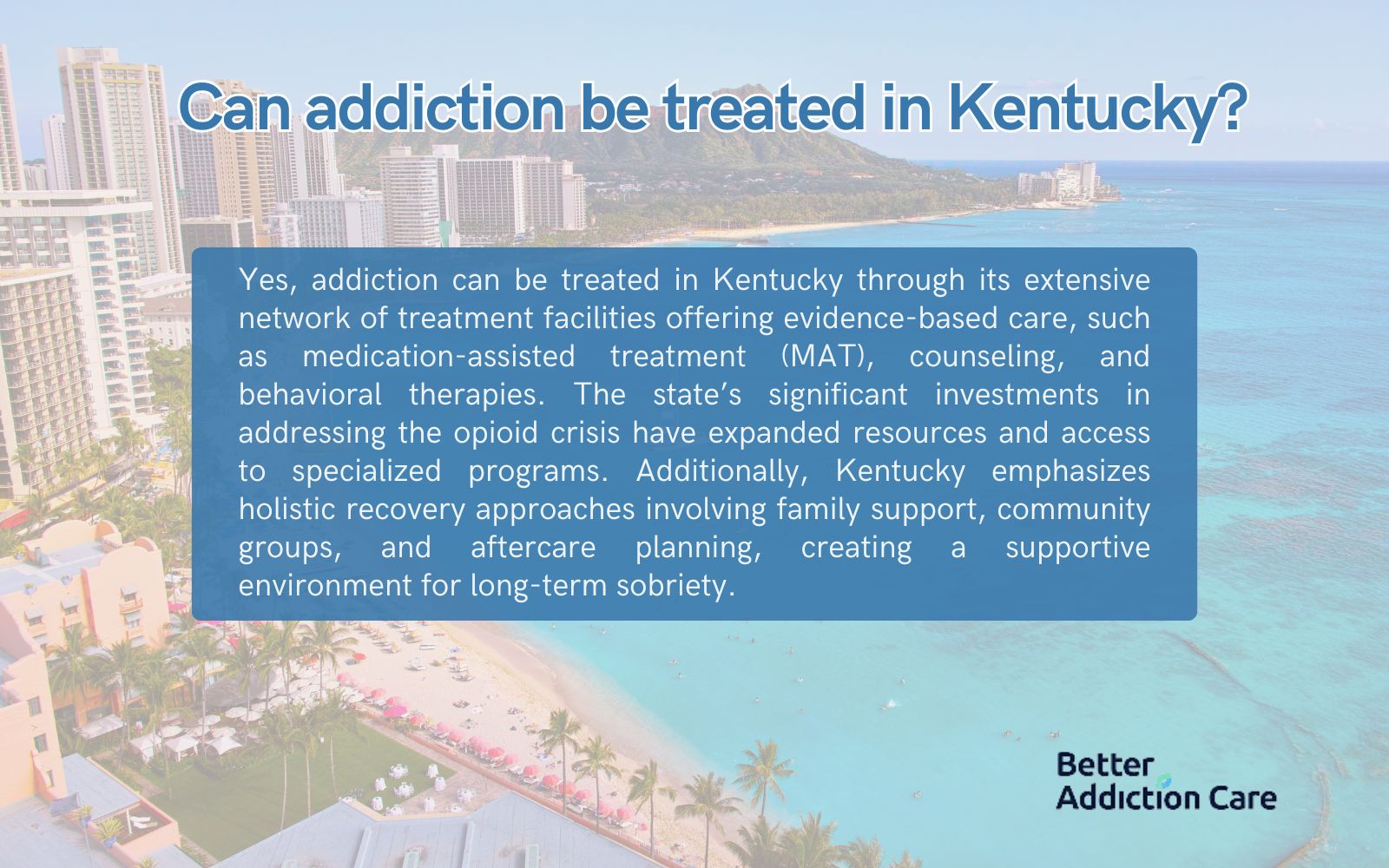
Another key factor is Kentucky’s focus on addressing the opioid crisis, which has led to significant investments in addiction treatment resources. Programs funded by both public and private sectors are widely available, making specialized care accessible to many. Kentucky’s treatment centers also benefit from experienced professionals who are highly trained in dealing with complex addiction cases, ensuring a high standard of care.
Finally, Kentucky’s supportive recovery environment is another advantage. Many centers emphasize holistic approaches that include family involvement, community support groups, and aftercare planning to help individuals maintain long-term sobriety. Kentucky’s cultural and community-driven focus on recovery helps individuals feel supported throughout their journey, making Kentucky a reliable choice for effective addiction treatment.
What is the state of Kentucky?
The state of Kentucky is the southeastern state of the United States. Kentucky, officially known as the Commonwealth of Kentucky, is a state located in the southeastern region of the United States. It shares borders with Illinois, Indiana, and Ohio to the north, West Virginia to the northeast, Virginia to the east, Tennessee to the south, and Missouri to the west. The Ohio River defines its northern boundary. As of July 1, 2024, Kentucky's population was 4,526,154, with 50.4% female and 49.6% male residents.
Economically, Kentucky ranks 28th among U.S. states and Washington, D.C., contributing about 1% to the nation's gross domestic product (GDP). The state of Kentucky's GDP was $260.3 billion in 2024, reflecting a 9.7% increase from the previous year.
Despite this growth, Kentucky faces economic challenges, including higher poverty rates and lower median household incomes compared to national averages. In 2024, the median household income in Kentucky was $60,183, which is below the national median.
These figures indicate that while Kentucky has a diverse economy with strengths in sectors like manufacturing and agriculture, it continues to grapple with economic disparities and areas of poverty.
What is the population of Kentucky?
The population of Kentucky was 4,526,154, with 50.4% identifying as female and 49.6% as male. The age distribution shows a balanced demographic, with notable group sizes across various age ranges. For example, children under five years old account for 266,553 individuals, representing 5.92% of the total population. The largest age group is individuals aged 20 to 24 years, comprising 305,796 people or 6.79% of the population. Other significant groups include those aged 55 to 59 years and 60 to 64 years, each making up 6.64% and 6.66% of the total, respectively. The senior population, individuals aged 65 and older, constitutes 16.8% of the population, reflecting an aging demographic.
In terms of gender distribution across age groups, the largest male cohort is in the 20 to 24-year range, numbering 157,987, while the largest female cohort is aged 60 to 64 years, with 155,531 individuals. This data illustrates a relatively even spread across ages and genders, with a slight female majority overall. The population statistics highlight Kentucky's diverse demographic composition, emphasizing its balance across age groups and its aging population.
What is the income of people from Kentucky?
The income of people from Kentucky is $33,515, per capita income, while the median household income is $61,118. These figures of income of people from Kentucky are below the national averages, with Kentucky's median household income at 80% of the U.S. median.
Income disparities are evident across different age groups and genders. Individuals in the 45 to 54 age bracket earn higher incomes, reflecting peak earning years, while younger (under 25) and older (65 and above) age groups tend to have lower incomes. Gender disparities also exist, with male full-time workers earning a median income of $50,000 compared to $40,000 for female full-time workers, indicating a gender pay gap. These statistics highlight the economic challenges within Kentucky, including income disparities across age groups and between genders, which contribute to Kentucky's overall economic landscape.


